Unleash Your Brain's Potential: The Cognitive Benefits of Reading Manga
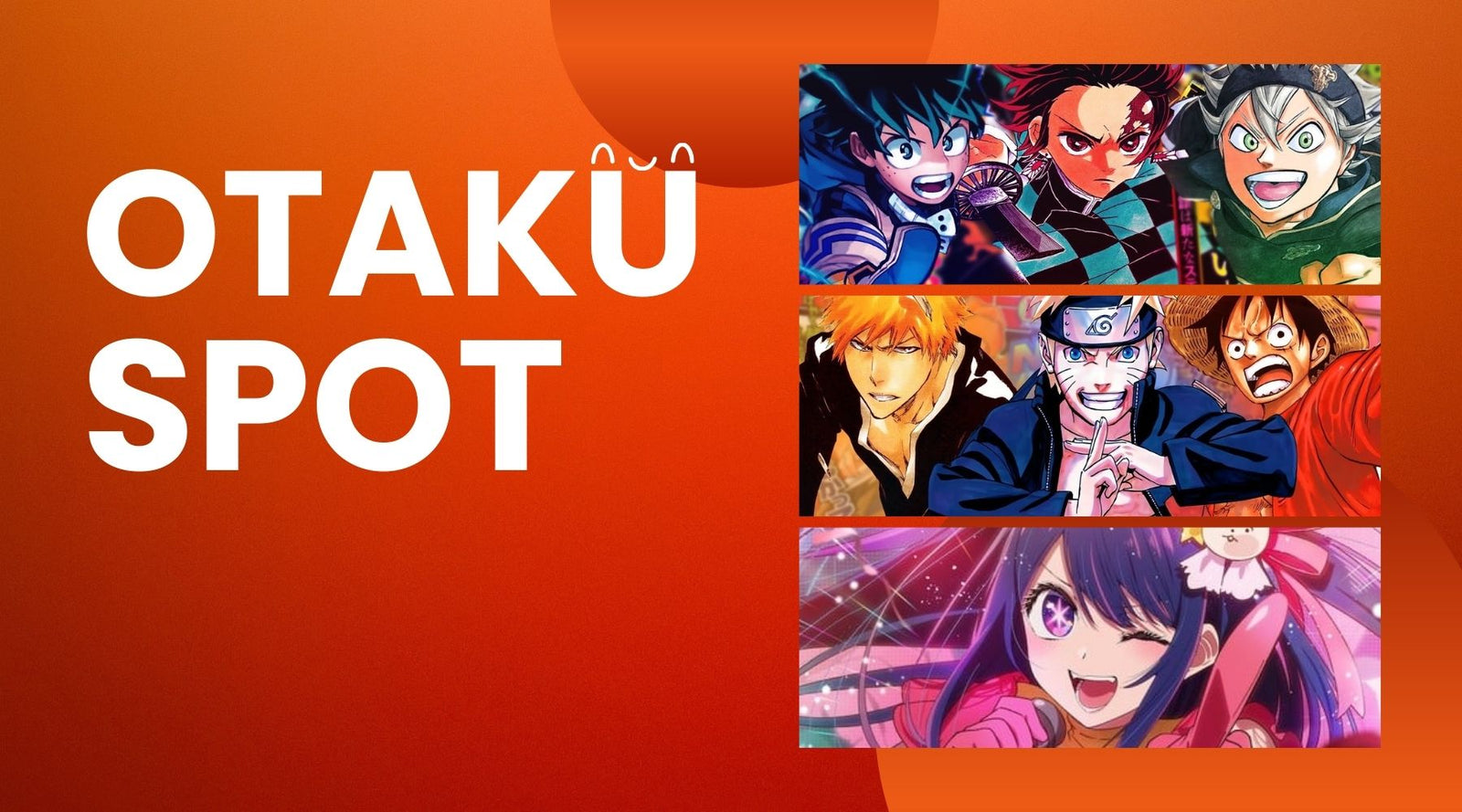
In a world where shelves are merely for dust collectors and coffee table books, my sanctuary tells a different tale. Each volume of my meticulously curated manga collection isn't just paper and ink; it's an odyssey into realms where ninjas narrate life lessons, space pirates embark on existential quests, and ordinary high schoolers walk the treacherous path of love and self-discovery.
Welcome to my treasure trove of illustrated brilliance, where every spine you pull sparks the same delight as finding the One Piece itself. It's not just a hobby—it's a cultural exploration, an art appreciation seminar, and a deep dive into the human psyche, all bundled in captivating narratives and spellbinding artwork.
So, consider yourself warned: these shelves are a vortex of imagination, where the mundane transforms into the extraordinary, granting mere mortals the superpower of unparalleled enlightenment. Enter at your own creative risk.
Manga's Multimodal Approach: Engaging Your Brain Like Never Before
The Power of Multimodal Thinking
Imagine reading a book where pictures, words, and even sound effects come together to tell a story. That's the magic of manga! This unique blend is called multimodal thinking, and it trains your brain to process information in more than one way. When you're flipping through those pages, you're not just reading; you're decoding images, interpreting text, and sometimes even "hearing" sound effects. This kind of mental gymnastics sharpens your visual literacy and image processing abilities.Source: NCT Library
Visual Literacy: Not Just for Artists
Reading manga enhances your visual literacy—the ability to interpret and make meaning from images. Unlike traditional books where you only process text, manga requires you to continuously decode pictures to follow the plot. This skill can be incredibly useful in our visually driven society, helping you understand everything from infographics to memes with greater ease.Source: WordsRated
Challenging the Brain Differently
Traditional books ask you to visualize scenes based on text alone, but manga combines visual and textual elements, making your brain work in a different way. This isn't just about following a story; it's about engaging multiple cognitive skills at once. The combination of graphics and text promotes a deeper understanding and retention of information.Source: Quora
Benefits for Everyone, Including Those on the Autism Spectrum
Manga isn't just for die-hard fans or those looking to pass the time. It's also beneficial for people on the autism spectrum. The visual cues and structured layout can make it easier for them to understand social interactions and emotions. This makes manga an excellent tool for enhancing cognitive and emotional skills.Source: Japan Powered
More Than Just Entertainment
Sure, manga is fun to read, but it's also a valuable educational tool. It improves reading comprehension, visual literacy, and even cultivates an interest in new topics and cultures. Traditional books are great, but manga offers a different set of challenges that can enrich your cognitive abilities.Source: Wyoming Library
Decoding and Understanding
When you read manga, you're continually decoding pictures to understand the plot, which enhances your ability to comprehend and analyze visual information. This isn't just a passive activity; it actively engages your imagination, helping you learn words, phrases, and idioms in a more enjoyable way.Source: WordsRated
Conclusion
So next time you pick up a manga, know that you're doing more than just reading for fun. You're engaging your brain in ways that traditional books don't, enhancing your visual literacy, and challenging your cognitive skills. It's a win-win situation that offers both entertainment and mental enrichment. Happy reading!
Expanding Cultural Horizons: Manga as a Gateway to New Perspectives
A Global Sensation with Japanese Roots
Manga, with its unique blend of storytelling and art, has captivated readers worldwide. Originating in Japan, manga’s appeal lies in its ability to transport readers to different worlds while reflecting the essence of Japanese culture. From traditional values like respect for elders to the simple joys of sushi, manga offers readers a taste of Japan’s rich cultural heritage. This cross-cultural communication is not just an exchange of stories but a meaningful interaction that broadens horizons and builds bridges across cultures.
Bridging Cultural Gaps through Storytelling
Manga serves as a powerful vehicle for introducing readers to diverse cultures and ideas. The intricate narratives often delve into various aspects of Japanese life, from daily interactions to festive traditions, providing readers with a nuanced understanding of a different way of life. For instance, popular manga series often incorporate themes like Shinto rituals or seasonal festivals, which might otherwise be unfamiliar to non-Japanese audiences. This storytelling approach fosters cross-cultural understanding and helps readers appreciate the richness of Japanese culture Source: Japan House LA.
The Universality of Human Experience
One of the most compelling aspects of manga is its exploration of universally relatable themes. Whether it’s the struggle of adolescence, the quest for identity, or the complexities of human emotions, manga often portrays experiences that resonate with readers from all walks of life. Characters may face challenges that are specific to Japanese culture, but the underlying emotions and dilemmas are universal. This relatability helps readers connect on a personal level, fostering empathy and a deeper understanding of shared human experiences Source: FIU Asian Studies.
Examples of Relatable Themes
-
Adolescence: Many manga series explore the trials and tribulations of teenage life, making them highly relatable to young readers.
-
Family Dynamics: Stories often delve into complex family relationships, highlighting both conflicts and bonds.
-
Personal Growth: Characters frequently undergo significant personal development, offering readers valuable life lessons.
Manga as an Educational Tool
Beyond entertainment, manga has significant educational value. It encourages readers to learn about new topics and cultures in an engaging manner. For example, historical manga can offer insights into Japan's past, while sci-fi and fantasy genres can introduce advanced scientific concepts. Additionally, manga’s visual context aids in understanding and remembering information, making it an effective learning tool for various subjects Source: WordsRated.
Manga’s Role in Language Learning
Students of Japanese often turn to manga as a fun and immersive way to improve their language skills. The combination of text and visuals helps learners understand new vocabulary and idiomatic expressions within context. Moreover, creating manga can be an innovative exercise for language learners to practice new expressions and improve their linguistic skills Source: ResearchGate.
Transforming Perceptions and Building Connections
By presenting diverse perspectives and experiences, manga encourages readers to broaden their worldviews. It challenges preconceived notions and stereotypes, promoting a more inclusive and open-minded approach to different cultures. As readers engage with various characters and storylines, they develop a more nuanced appreciation for diversity and cultural complexity. This transformative power of manga makes it more than just a form of entertainment; it becomes a tool for social change and global understanding Source: Mangaka Info.
Community and Cultural Exchange
The global popularity of manga has given rise to a vibrant community of fans who share a common passion. Through online forums, fan conventions, and social media, manga enthusiasts from around the world connect, exchange ideas, and celebrate their love for this art form. This sense of community transcends geographical boundaries, creating a space for cultural exchange and mutual respect Source: Toki Tokyo.
By diving into the world of manga, readers embark on a journey that not only entertains but also enlightens. It’s a testament to the power of storytelling in bridging cultural divides and enriching our collective human experience.
Unleashing Creativity and Imagination: The Power of Visual Storytelling
Manga's Vibrant Artwork: A Feast for the Eyes
When you crack open a manga, you're not just reading a story—you're diving headfirst into an explosion of visual brilliance. Manga’s vibrant artwork is more than eye candy; it’s a gateway to boundless creativity and imagination. With expressive character designs and intricate backgrounds, manga stimulates your brain in ways that plain text can’t compete with. Think of those big, emotional eyes and exaggerated expressions—they're not just cute; they’re powerful tools for storytelling. These visuals help convey complex emotions and situations instantly, making the narrative more immersive and engaging.
The power of these visuals lies in their ability to ignite the imagination. Just like an artist blending colors on a palette, readers mix the images and texts in their minds, creating dynamic interpretations unique to their perspective. This active engagement helps to cultivate a deeper appreciation for art and the techniques used to bring these stories to life Source: Domestika.
Text and Visuals: A Harmonious Dance
The combination of text and visuals in manga is like a well-choreographed dance. Each element complements the other, enhancing the overall storytelling experience. Unlike traditional novels where the reader relies solely on text to paint pictures in their mind, manga provides visual cues that make the story come alive. The layouts, panel transitions, and speech bubbles work together to create a seamless flow, making it easier for readers to follow the plot and connect with the characters Source: Medium.
This blend of visuals and text encourages readers to actively engage with the content. You aren't just passively reading; you're interpreting facial expressions, body language, and even the background details. This interaction fosters a deeper connection with the material, making the reading experience more memorable and impactful Source: Library WYO.
Sparking Creativity and Innovation
Manga's visual storytelling doesn’t just entertain—it inspires. The imaginative worlds and unique characters found in manga encourage readers to dream big and think outside the box. Whether it's the fantastical realms of "One Piece" or the intricate battles in "Naruto," these stories spark creativity in new and exciting ways. They provide a fertile ground for readers to develop their own ideas, be it in writing, drawing, or other creative pursuits Source: Medium.
Moreover, the diversity of genres and styles in manga means there’s something for everyone. From romance and horror to sci-fi and slice-of-life, manga covers a wide spectrum of themes and narratives. This variety allows readers to explore different storytelling techniques and artistic styles, broadening their creative horizons Source: The Weary Educator.
Appreciating Art Through Manga
Reading manga isn’t just about following a story—it's also about appreciating the art form. Manga artists, or mangaka, often spend years honing their craft to perfect their unique styles. Their work showcases a range of artistic techniques, from detailed line work and shading to innovative use of screen tones and panel layouts. By reading manga, you can develop a keen eye for these nuances and gain a deeper understanding of visual storytelling Source: ResearchGate.
This appreciation extends beyond the pages of manga. Many Western animators and artists draw inspiration from manga, incorporating its distinctive art styles and narrative structures into their own work. This cross-cultural exchange enriches the global artistic community and highlights the universal appeal of visual storytelling Source: LinkedIN.
Conclusion: A Canvas for Your Mind
Manga’s power lies in its ability to merge words and images, creating a rich tapestry that engages both the mind and the senses. It’s not just a passive reading experience but an interactive one that invites readers to dive in and explore. By stimulating creativity and fostering an appreciation for art, manga opens up a world of possibilities, making it a powerful tool for personal growth and artistic expression.
So, the next time you pick up a manga, remember that you’re not just reading a story—you’re embarking on a journey of imagination and creativity. Let the vibrant artwork and compelling narratives inspire you, and see where your creativity takes you.
Fostering Empathy and Emotional Intelligence: Manga's Emotional Resonance
The Heartfelt Connection
Let's be real. Manga isn't just about over-the-top battles or epic adventures. It's a powerful medium that tugs at our heartstrings and makes us feel all the feels. Through vivid visual storytelling, manga explores complex emotions and personal struggles in ways that are both relatable and compelling. When readers engage with these stories, they often find themselves empathizing with the characters, feeling their joys, sorrows, and everything in between.
Walking in Their Shoes
What makes manga so effective in fostering empathy? It's the magic of shared experiences. When readers recognize a character's emotional state as something they've experienced themselves, it creates a sense of connection. This is how empathy begins. You see a character going through heartbreak, and you remember your own heartbreaks. It's a common way for readers to connect on a deeper, subconscious level (Source: Live Write Thrive).
Exaggerated Expressions and Nonverbal Cues
Manga artists are masters of exaggerated facial expressions and body language, which can say more than words ever could. A single panel showing a character's wide-eyed shock or a dramatic tear can convey volumes. This emphasis on nonverbal cues helps readers better understand and interpret emotions, even those who might struggle with this in real life (Source: Study.com). For instance, someone smiling while speaking indicates happiness, while a frown suggests anxiety or sadness.
Manga as a Mirror
Forget the mundane tropes of escapism; manga offers something far more profound. It weaves stories that resonate with the deepest chords of our emotions, reflecting our own struggles and whispering validation in moments of doubt (Source: Medium). This reflective aspect allows readers to see parts of themselves in the characters, fostering a deeper emotional connection.
Building Emotional Intelligence
Manga does more than just pull at your heartstrings; it can also make you smarter—emotionally, that is. By engaging with characters who experience a wide range of emotions, readers can develop stronger self-awareness and social awareness. These are crucial skills for making responsible decisions and building meaningful relationships (Source: World Reader).
The Universal Appeal
Manga's ability to evoke strong emotions isn't just a Japanese phenomenon. Its universal appeal lies in its capacity to address human experiences that transcend cultural boundaries. Whether it's a tale of unrequited love, an epic quest for justice, or a slice-of-life story about everyday struggles, manga has something that resonates with everyone. This universality fosters cross-cultural understanding, helping readers appreciate the similarities and differences in human experiences worldwide.
Emotional Literacy for All Ages
One of the unique benefits of manga is its accessibility. Young readers, in particular, can gain insights into different societal norms, traditions, and values, promoting empathy and understanding of varied worldviews (Source: The Weary Educator). Adults, too, find value in these illustrated narratives, which often offer a fresh perspective on life's complexities.
Takeaway
So, the next time you pick up a manga, remember that you're not just diving into an entertaining story. You're engaging in a rich, emotional experience that can boost your empathy and emotional intelligence. From exaggerated expressions to relatable struggles, manga has a unique way of making us feel deeply connected to its characters—and, by extension, to each other. Now, go ahead and let your heartstrings be tugged. Your emotional IQ will thank you!
Boosting Literacy and Language Skills: Manga's Accessible Approach
Making Reading Fun for Reluctant Readers
Reading can feel like a chore for many, but manga turns it into an engaging experience. The combination of visuals and text creates an inviting environment, especially for those who find traditional books daunting. With vibrant images and captivating stories, manga provides a fun entry point that makes reading less of a struggle and more of an adventure.
A Visual Aid to Understanding Text
The context provided by the artwork in manga is invaluable for understanding unfamiliar words and idioms. Imagine encountering a complex word in a regular book—you might skip it or look it up, disrupting the flow. In manga, the accompanying visual cues help decode the meaning instantly. For instance, if a character looks frightened while saying "terrified," the word’s meaning is clear without needing a dictionary. This visual aid bridges comprehension gaps and enriches vocabulary effortlessly.
Improving Reading Comprehension
Manga enhances reading comprehension by engaging multiple cognitive skills simultaneously. The blend of text and visuals requires readers to process information from different modes, strengthening their ability to synthesize and infer meaning. Research shows that students exposed to multimodal texts, like manga, perform better in comprehension tasks compared to those who only read traditional texts Source: ResearchGate.
The Role of Dialogue and Context
Manga often contains lots of dialogue, which can significantly boost one's language skills. Conversations between characters introduce new vocabulary in a relatable context, making it easier to understand and remember. This continuous exposure to dialogue helps practice and improve both reading speed and comprehension Source: Quora.
Engaging and Motivating Reluctant Readers
For reluctant readers, manga can be a game-changer. The dynamic interplay of text and visuals captures attention and keeps pages turning. Unlike dense paragraphs of text, manga breaks down stories into digestible visual scenes, making reading less intimidating and more enjoyable. This engaging format encourages readers to spend more time with books, gradually building their confidence and interest in reading Source: Medium.
Building Vocabulary Through Visual Context
Manga's visual storytelling aids in vocabulary acquisition. When readers encounter new words, the illustrations often provide sufficient context to infer meanings. This method of learning through visual cues is particularly effective for visual learners and can lead to those "aha" moments when everything clicks Source: Understood.
Manga as an Educational Tool
Many educators are now recognizing the potential of manga as an educational tool. By incorporating manga into classrooms, teachers can make lessons more interactive and enjoyable. The visually rich format of manga supports various teaching methods and caters to different learning styles, making education more inclusive Source: UIN Alauddin Repository.
Enhancing Critical Thinking Skills
Reading manga also hones critical thinking skills. Analyzing the relationship between text and images, interpreting symbolic meanings, and understanding character motivations require active engagement and thought. This analytical process fosters deeper cognitive abilities and prepares readers for more complex texts and ideas Source: Northwestern University.
Conclusion
Manga's accessible approach to reading offers multiple benefits beyond mere entertainment. It makes reading enjoyable and accessible for reluctant readers, enhances comprehension and vocabulary through multimodal learning, and serves as a valuable educational tool. As we continue to explore the cognitive benefits of manga, it's clear that this unique blend of text and visuals has a lot to offer in boosting literacy.
Conclusion
So, next time someone questions your ever-growing manga collection, tell them it's not just for fun—it's an investment in your emotional intelligence, creativity, and cognitive prowess. Remember, each volume isn't just a book; it's a treasure trove of empathy, a canvas of imagination, and a gateway to becoming a well-rounded, literate genius. Who knew that "One Piece" could also be your pièce de résistance? Keep those shelves stacked and your mind engaged—reading manga, it turns out, is a chapter in your own epic journey towards enlightenment!




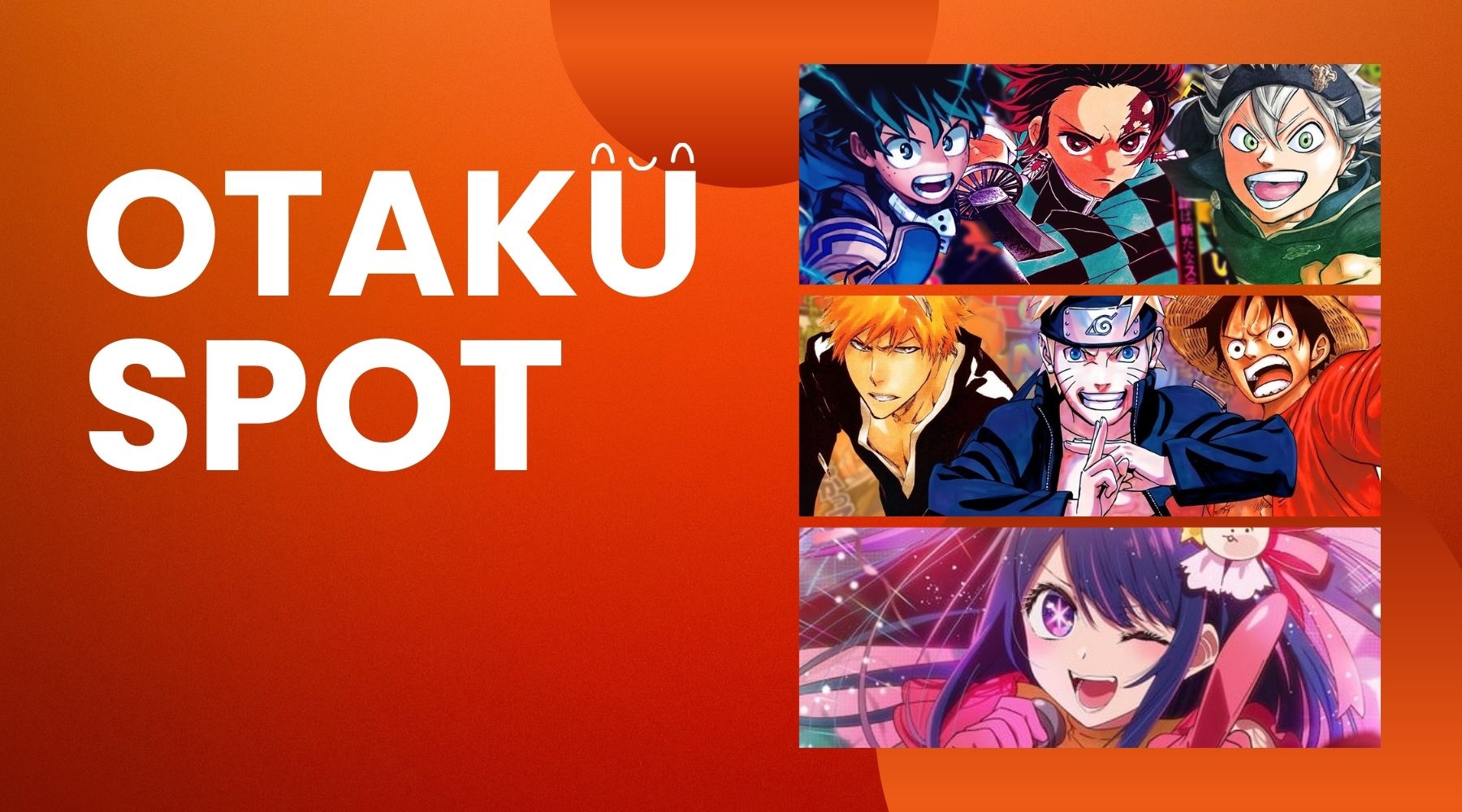
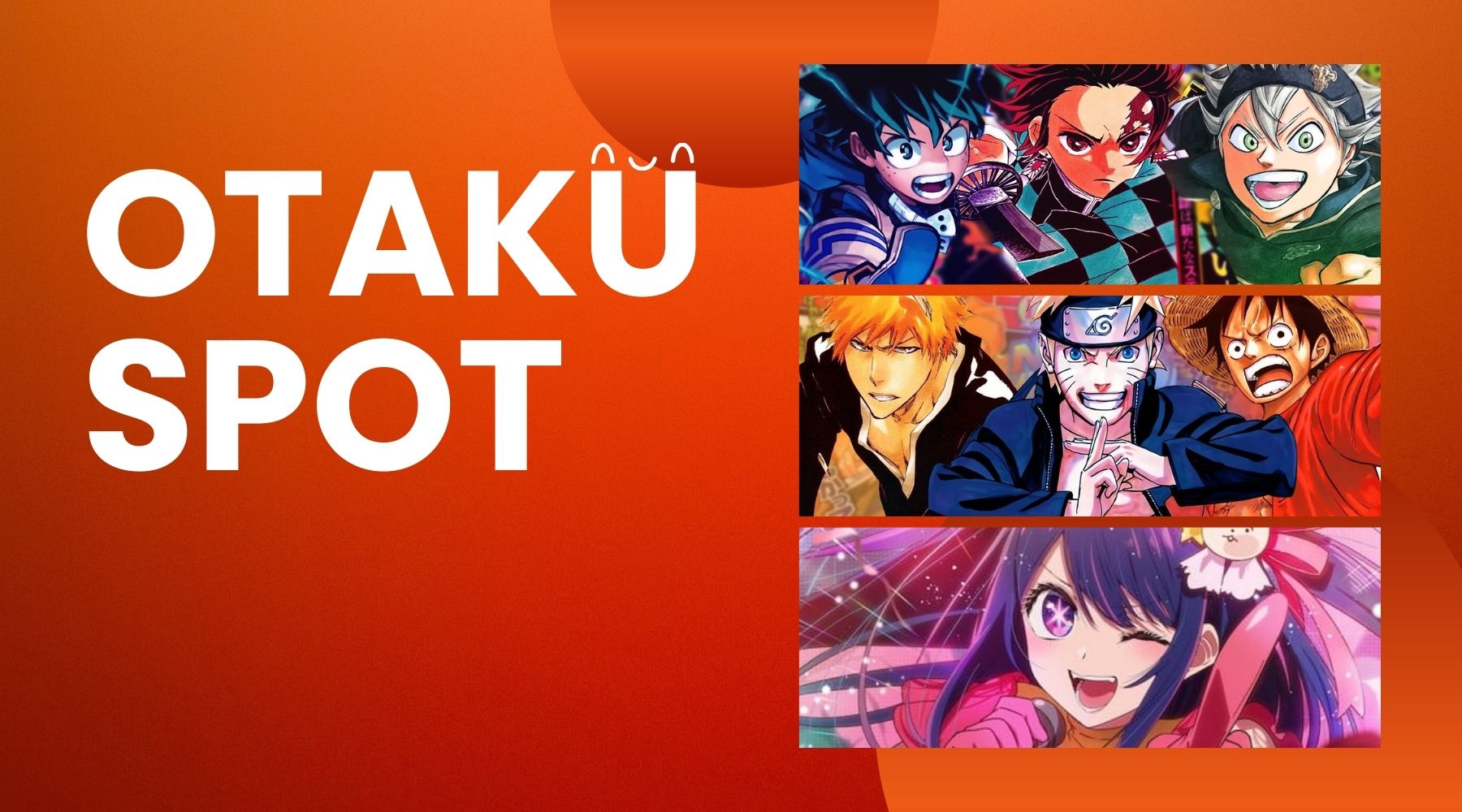
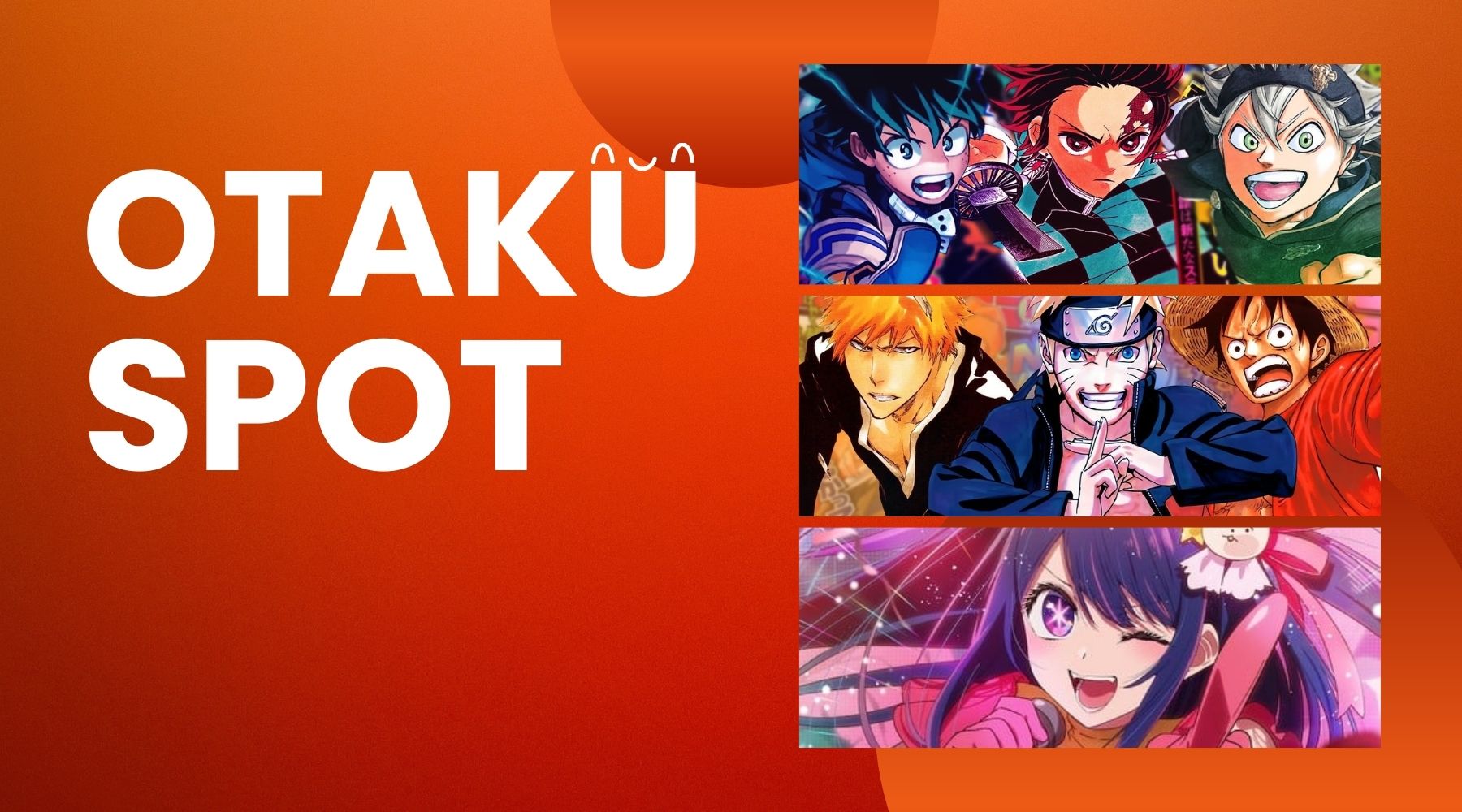
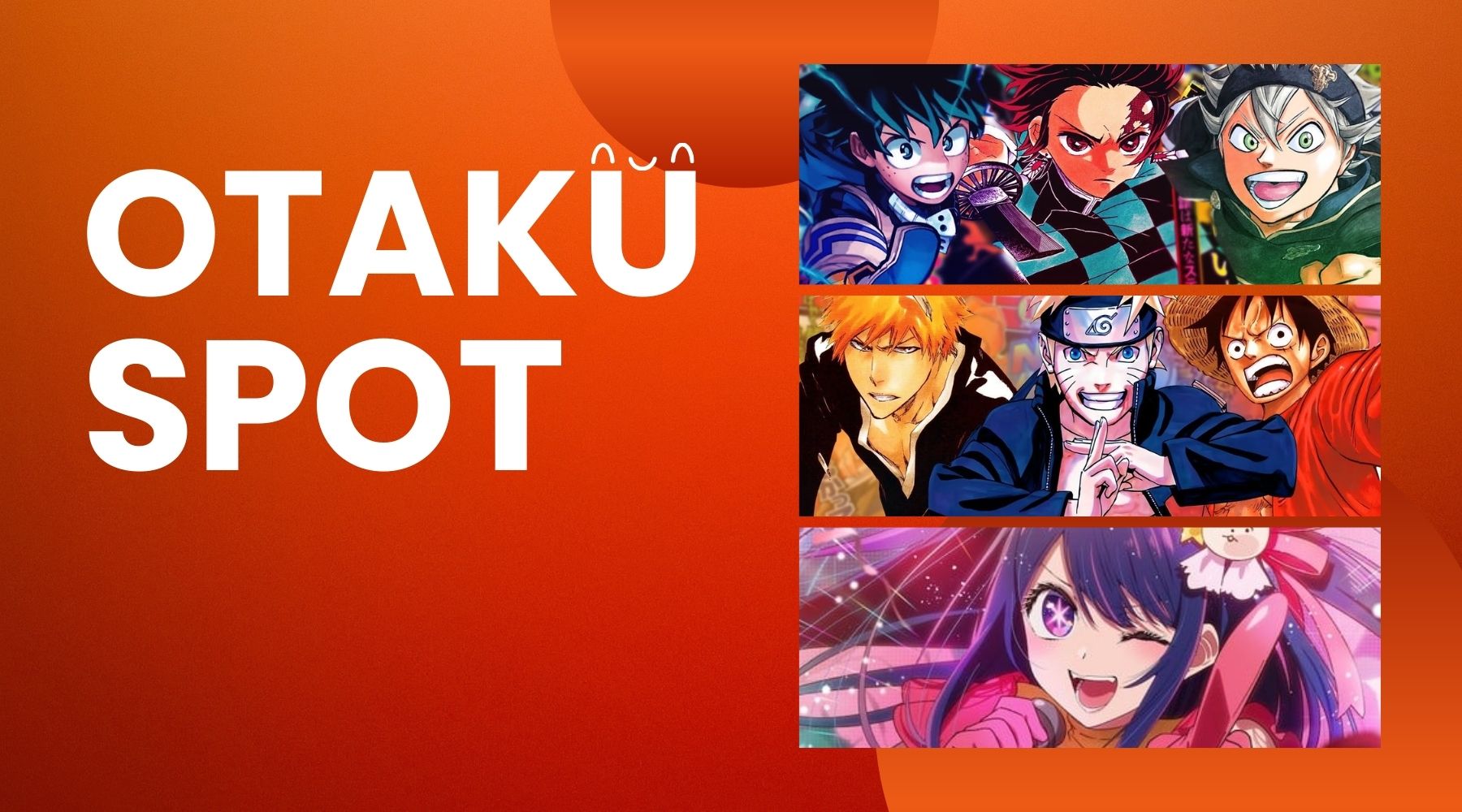
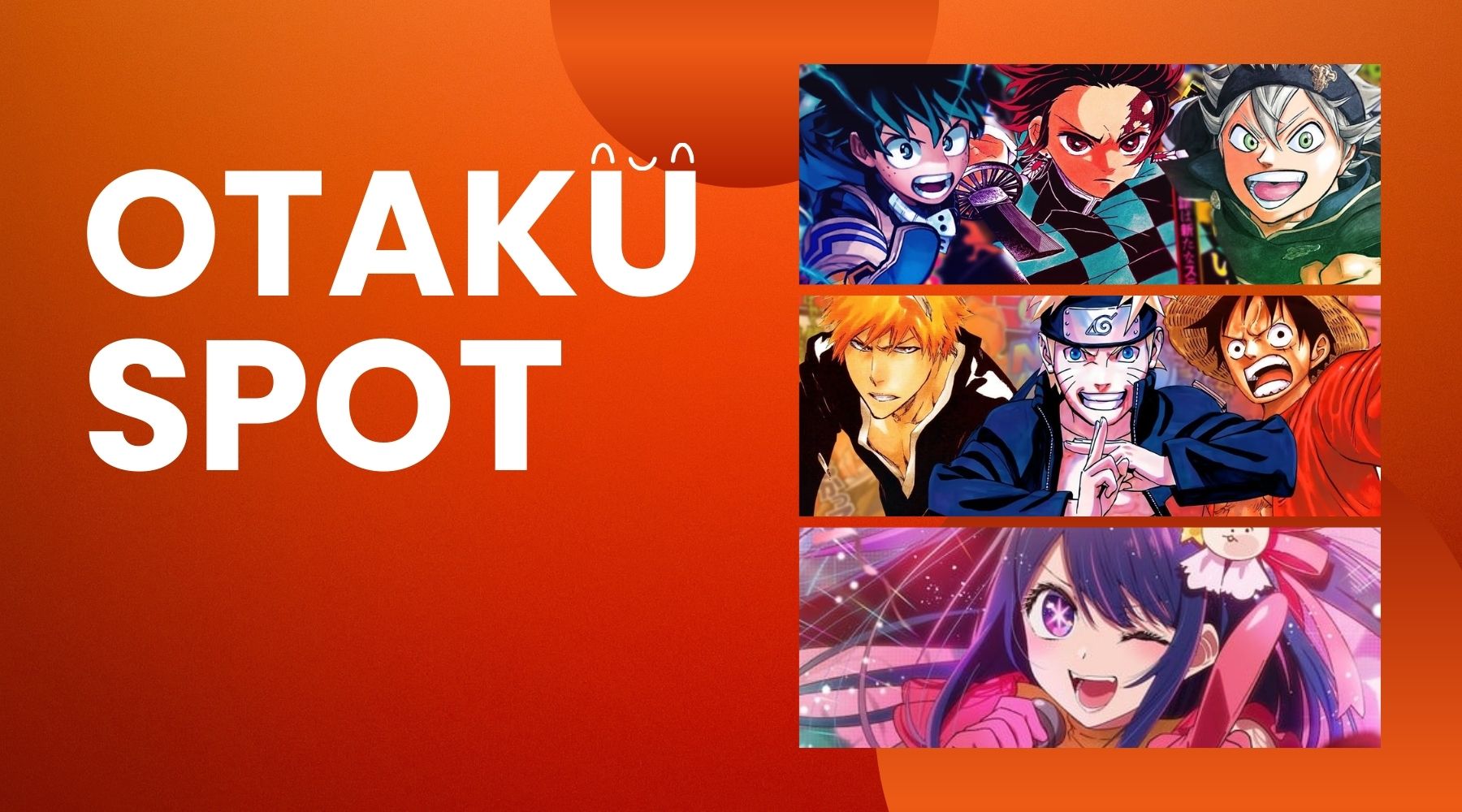
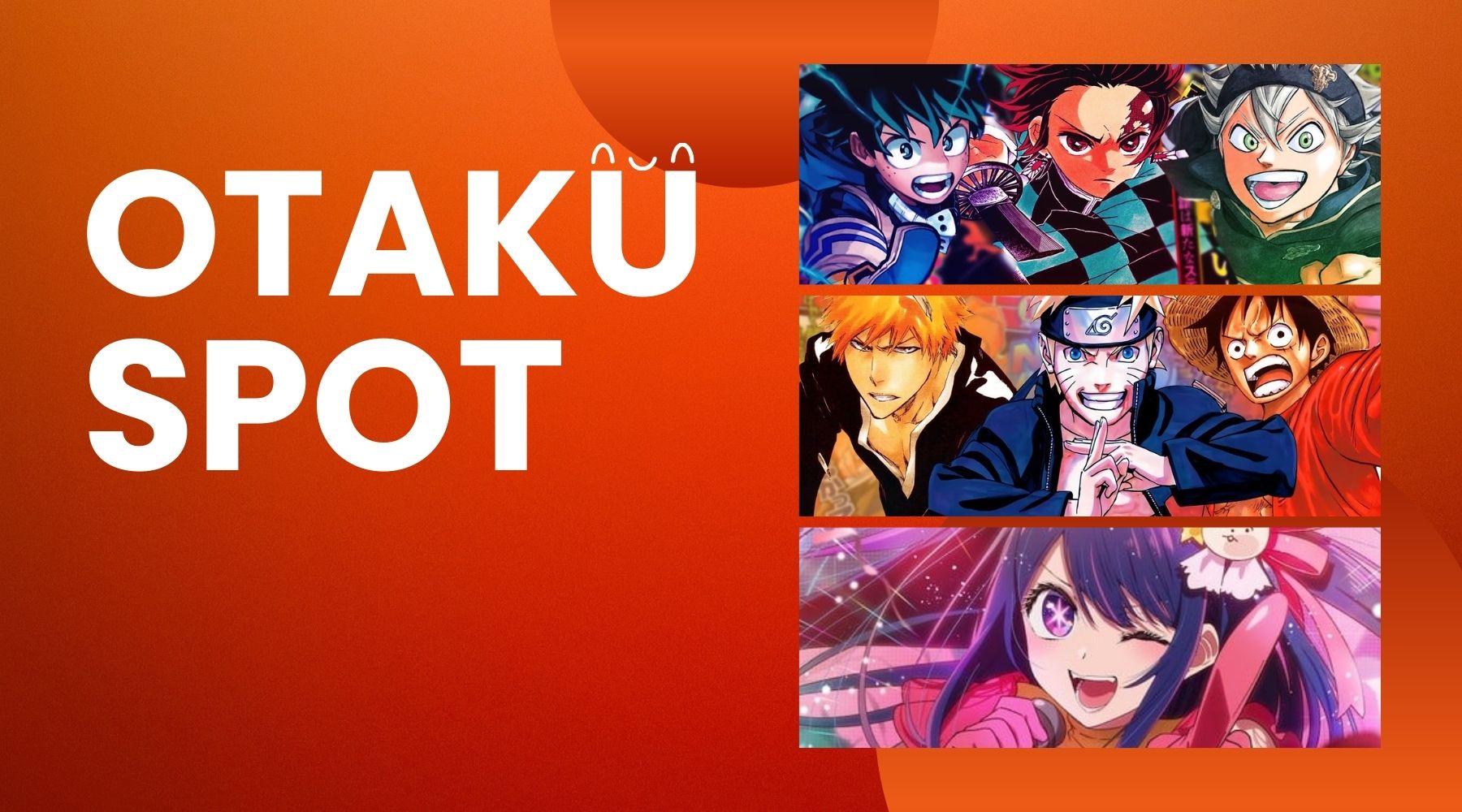
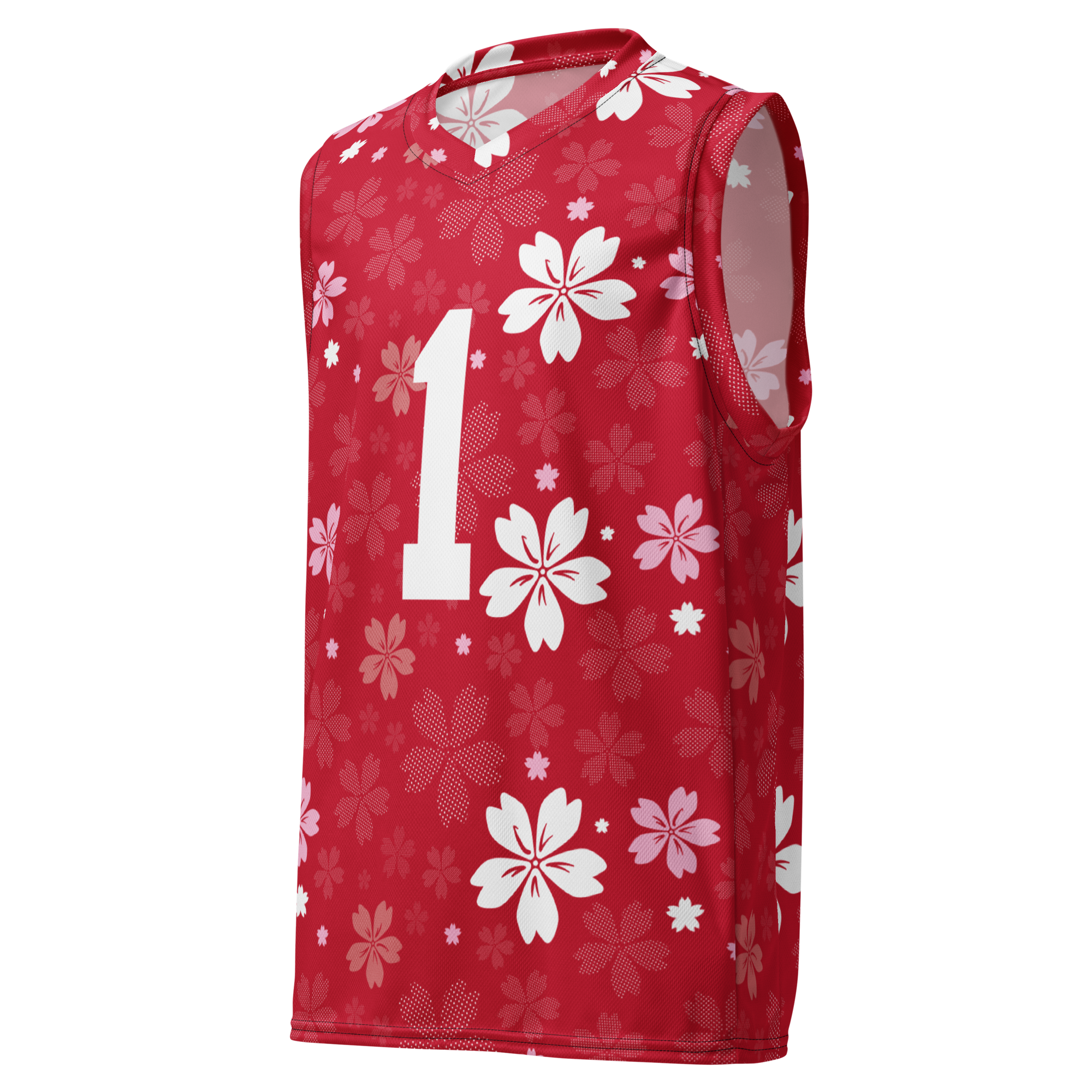
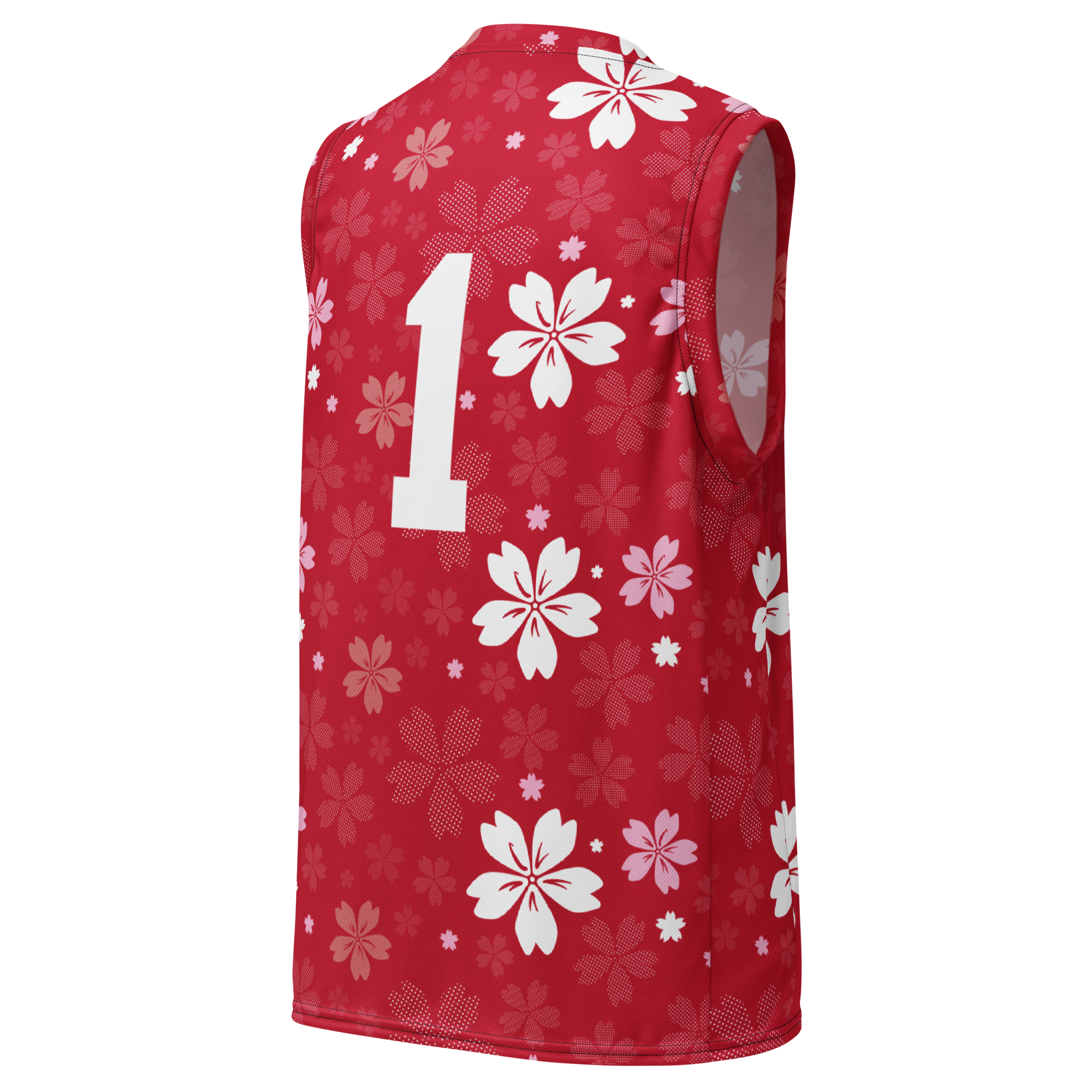
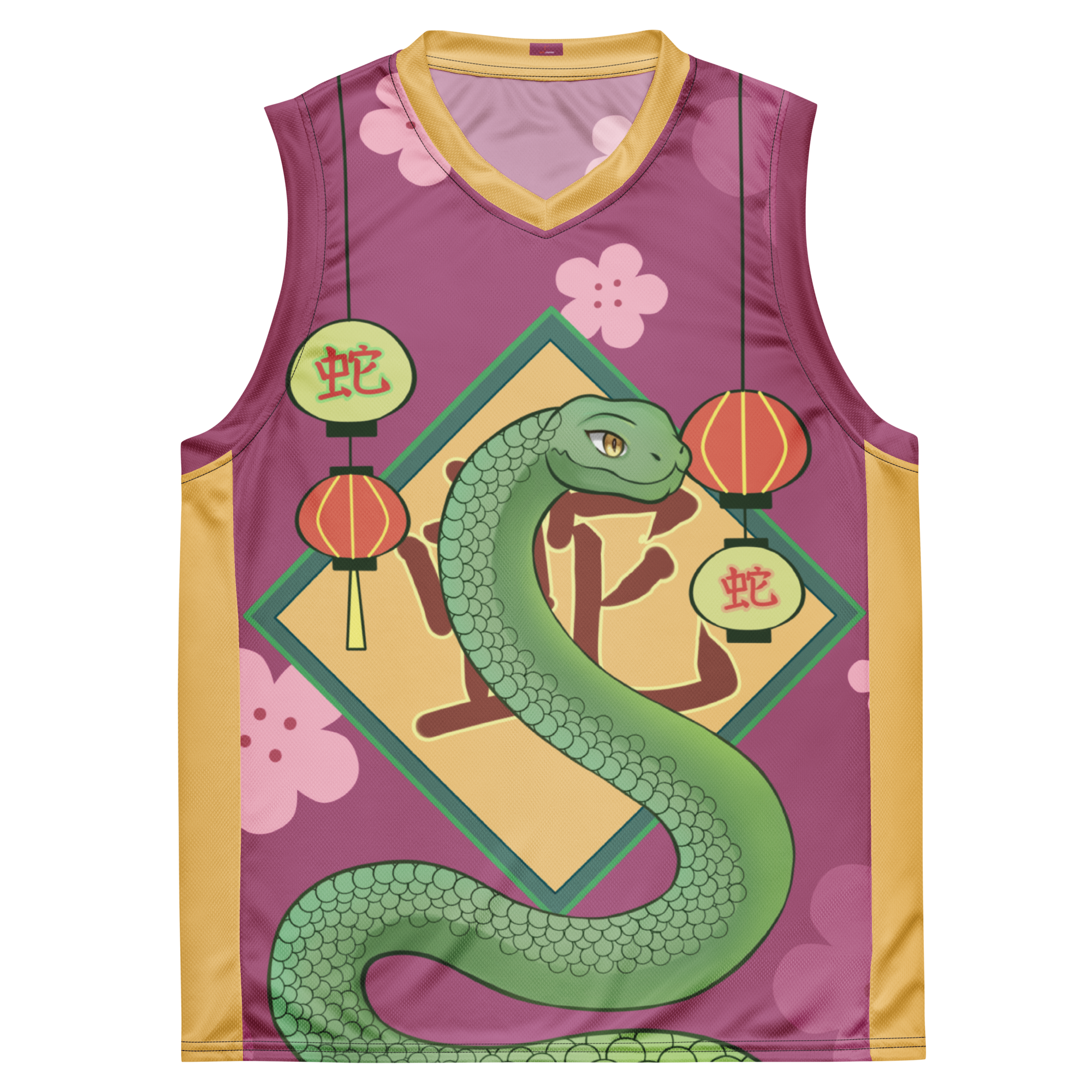
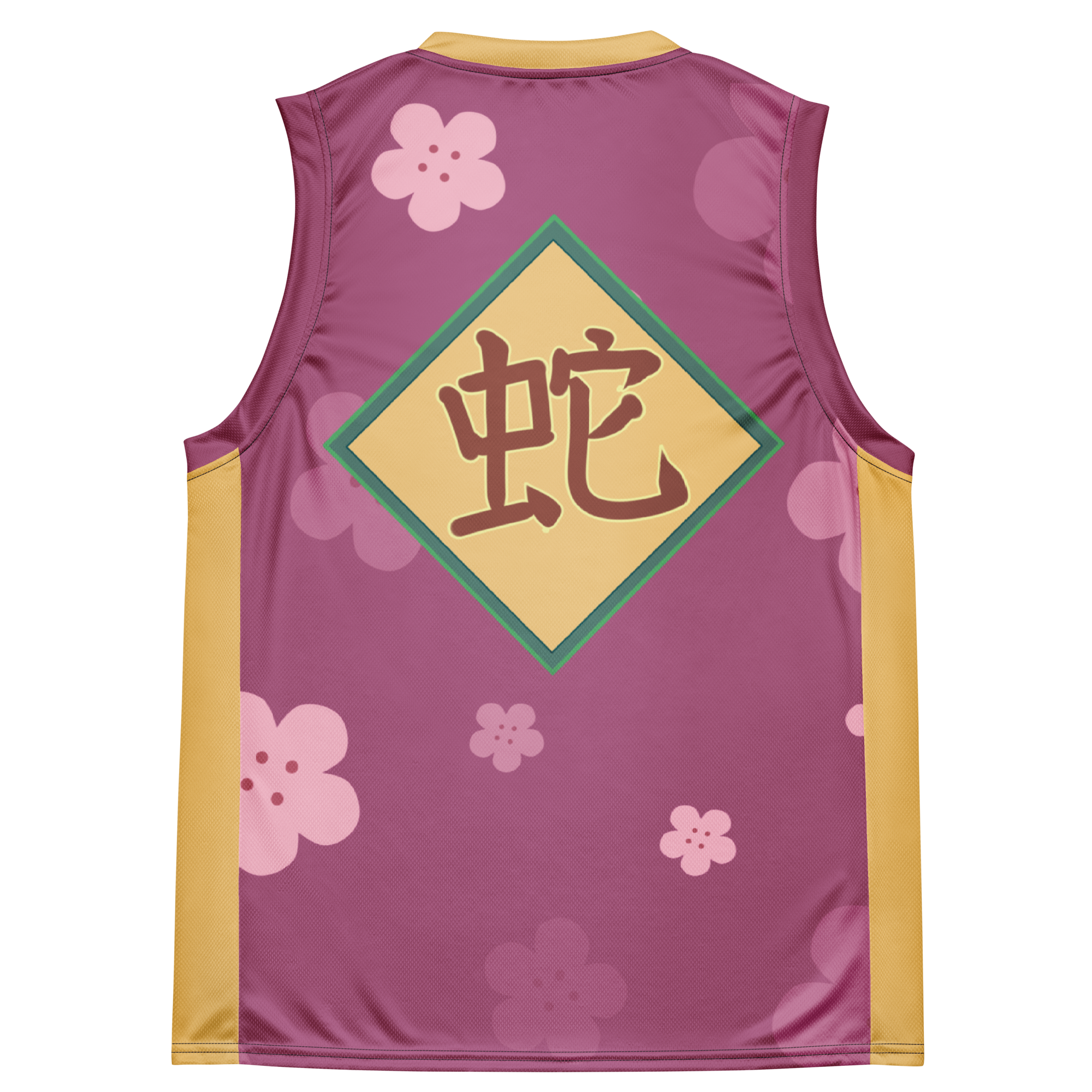
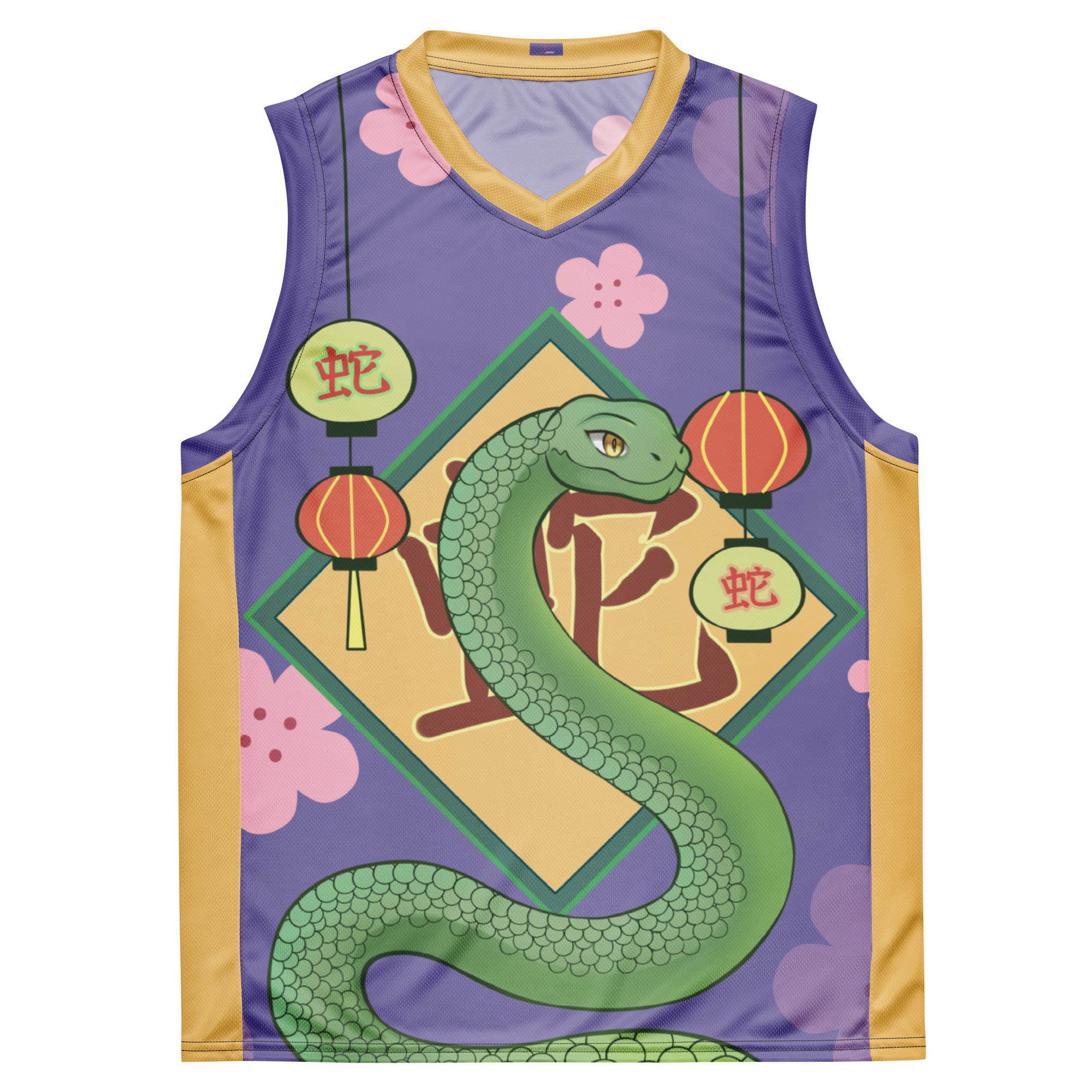
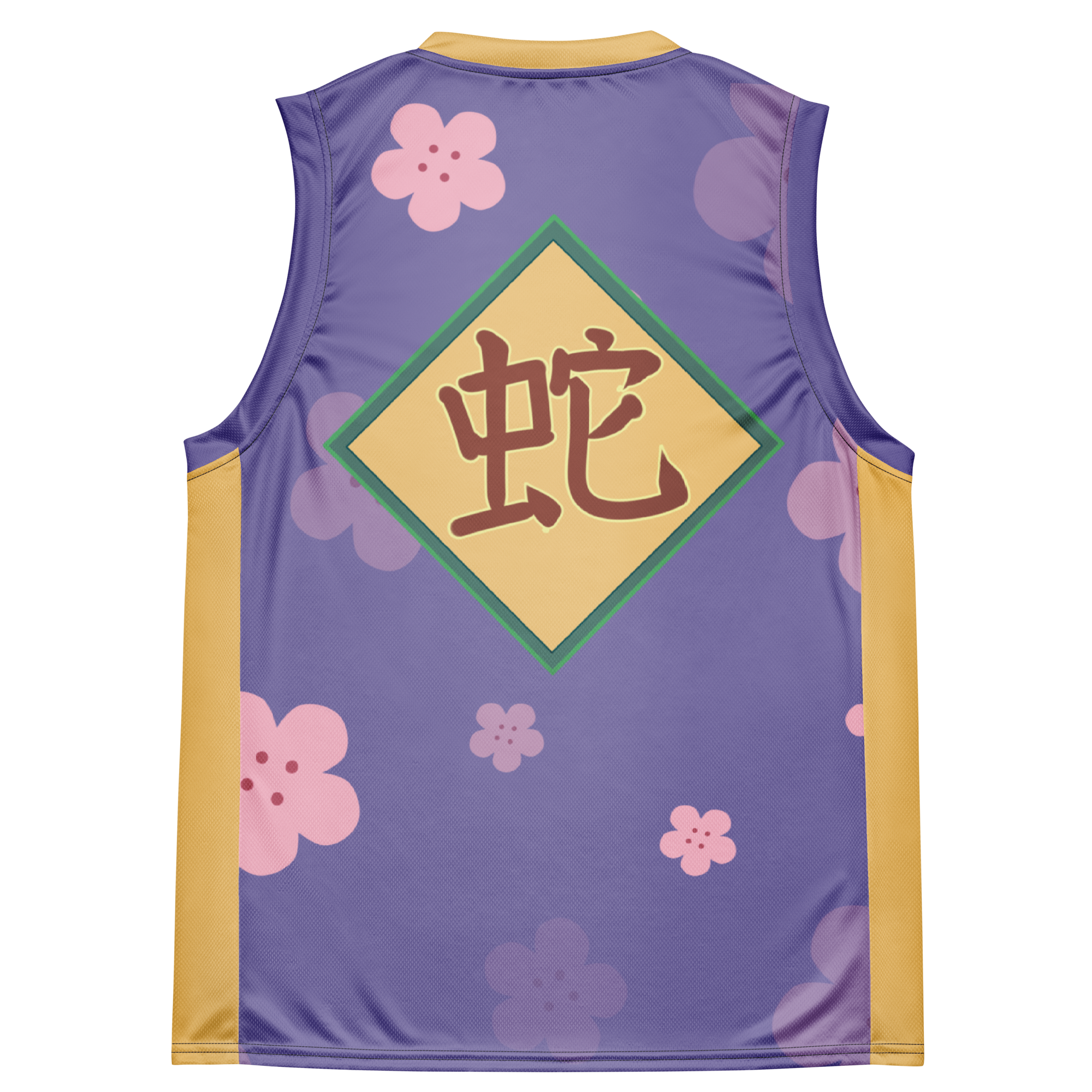
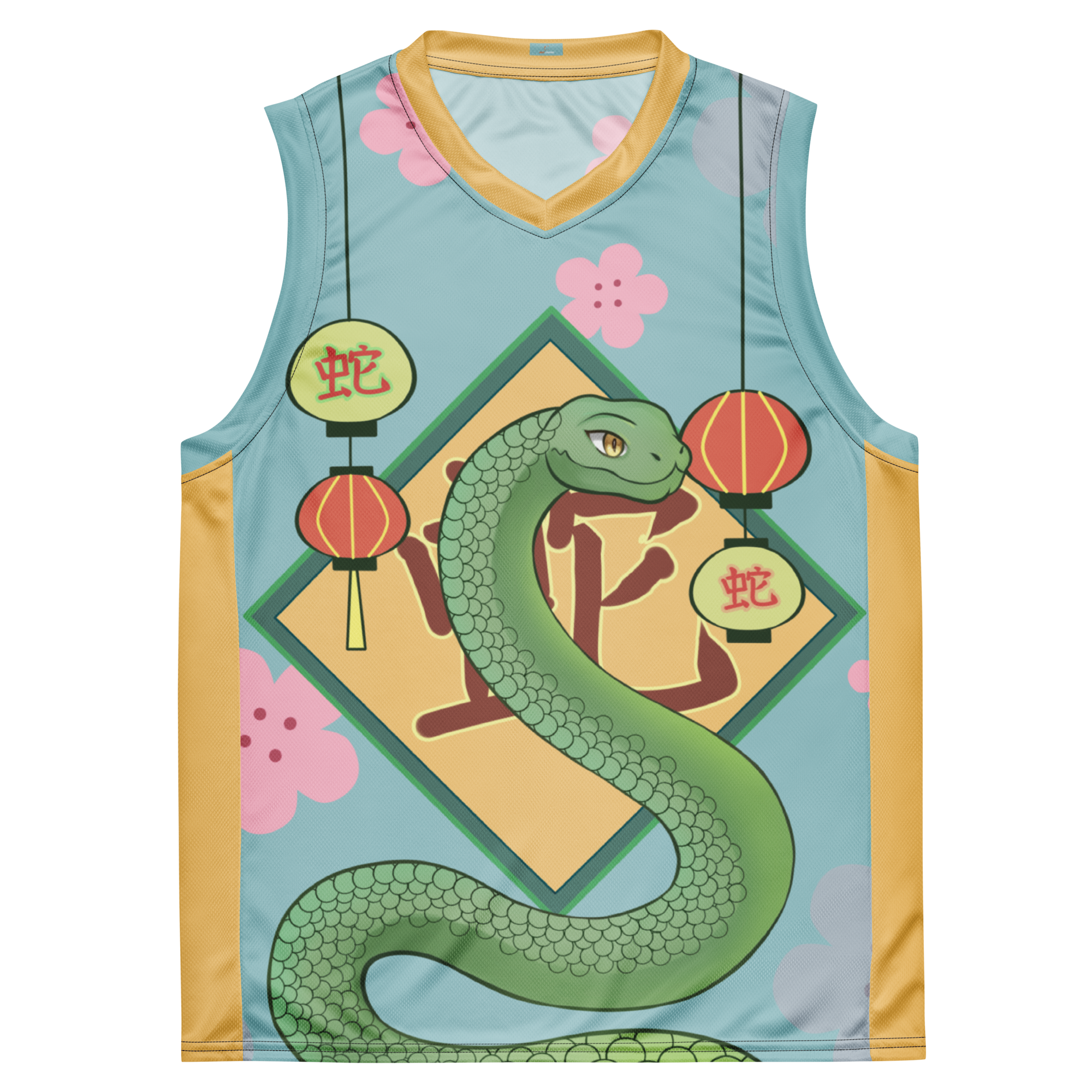
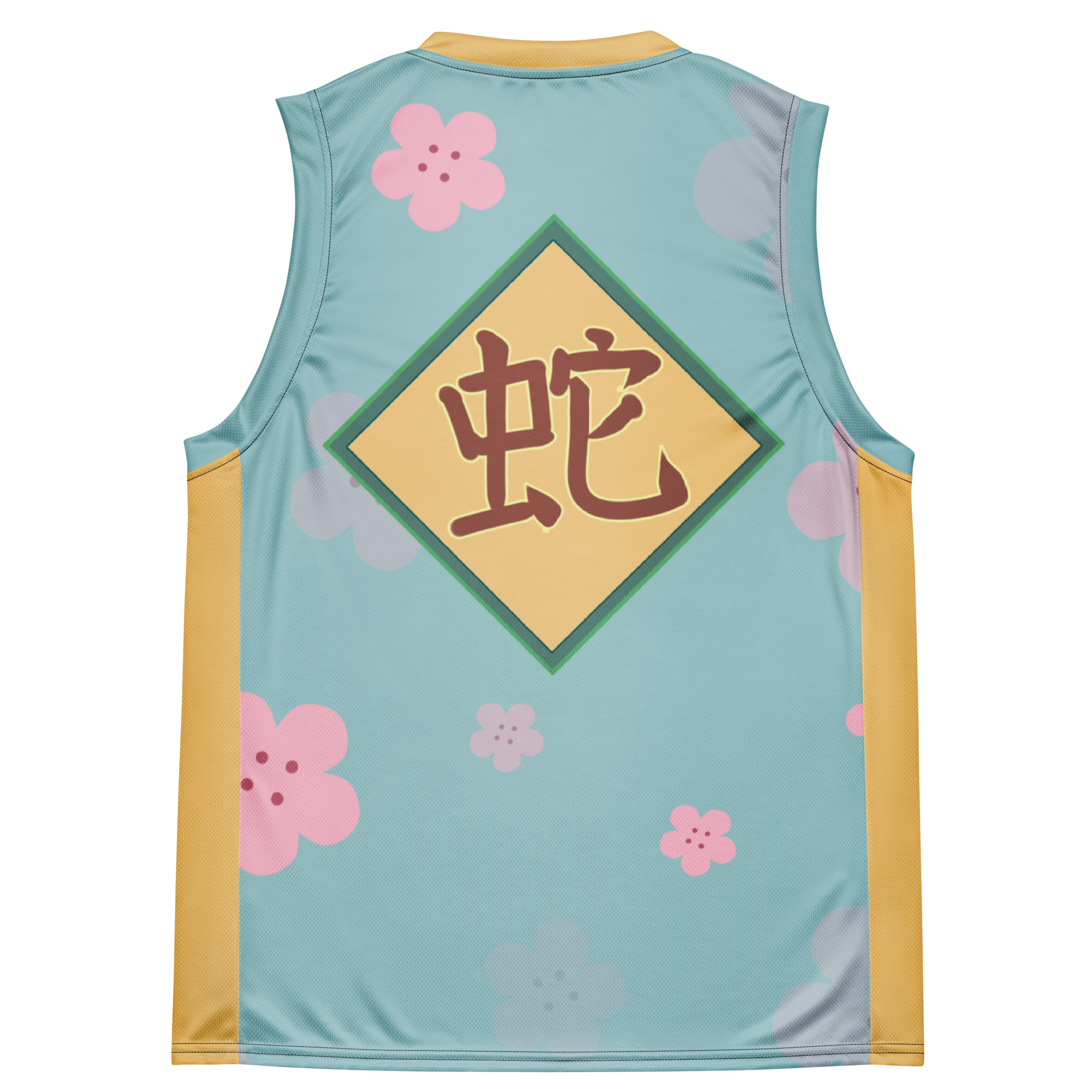
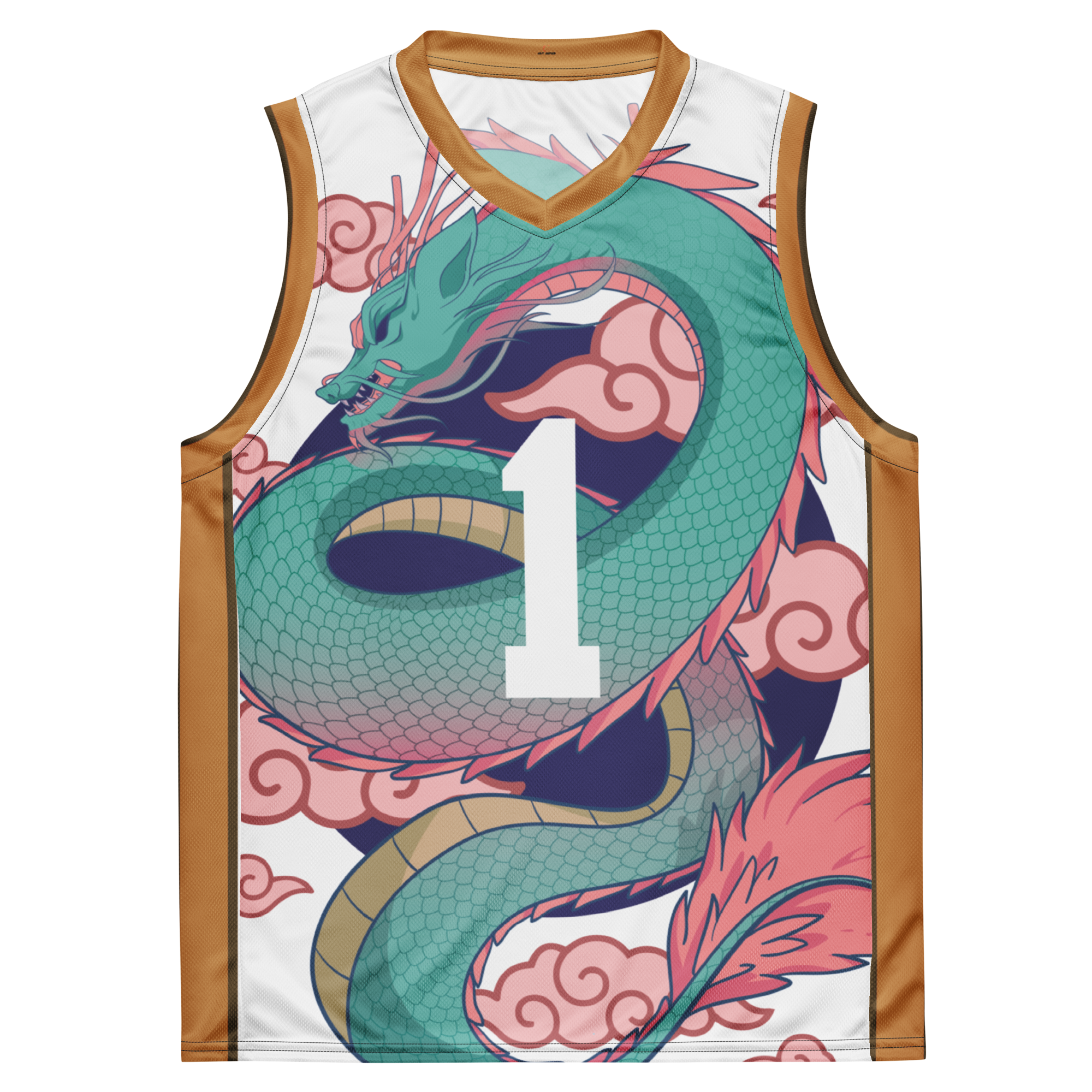
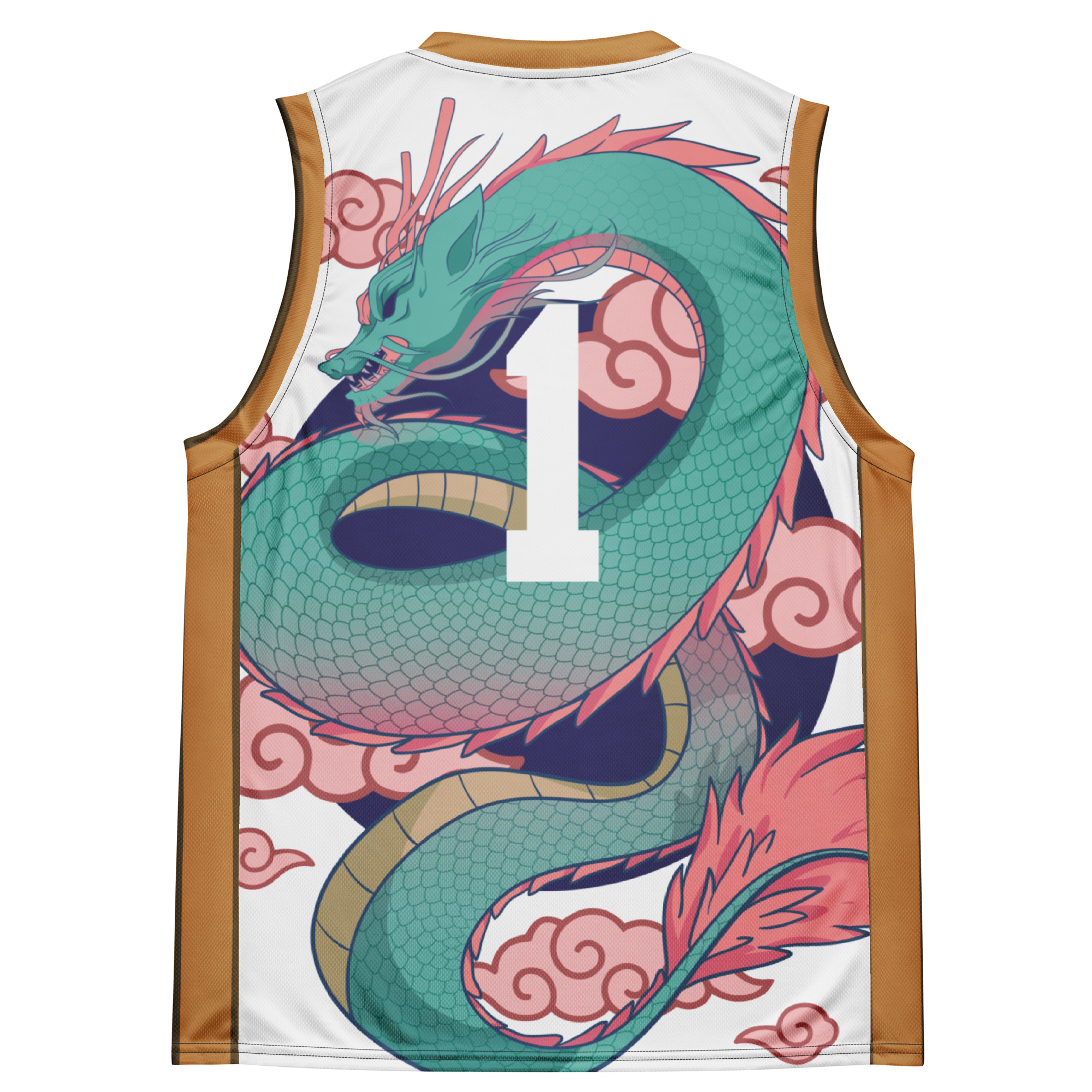
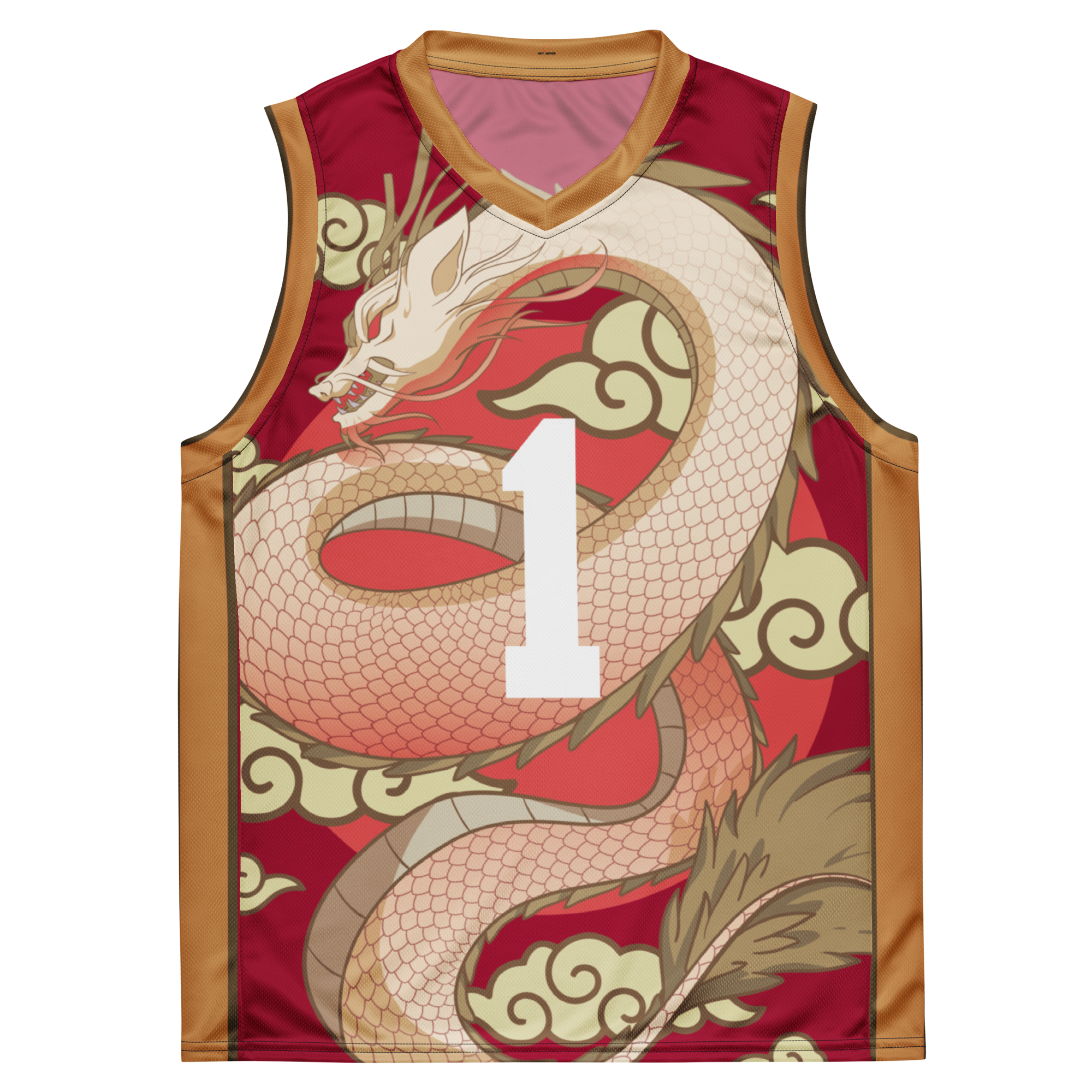
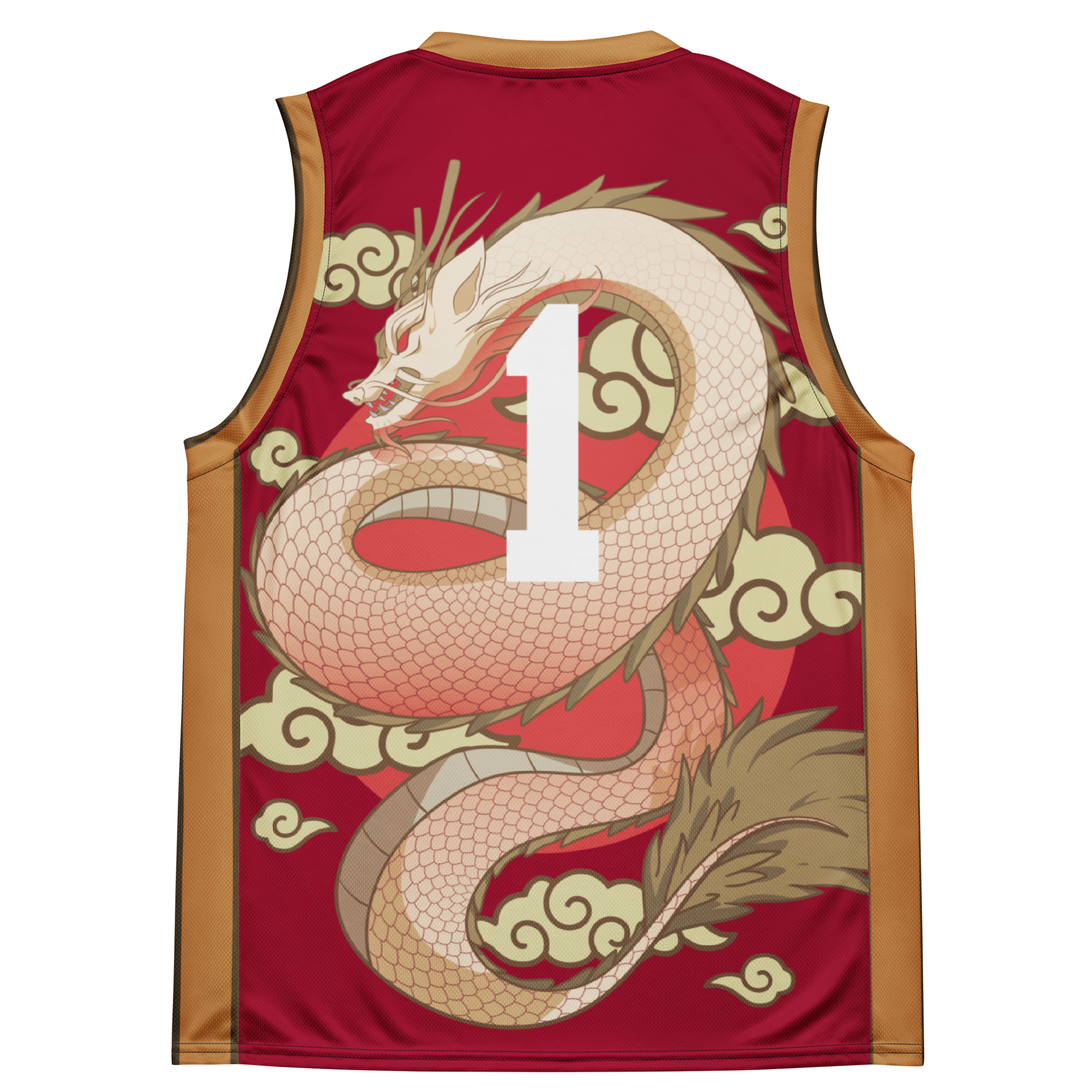
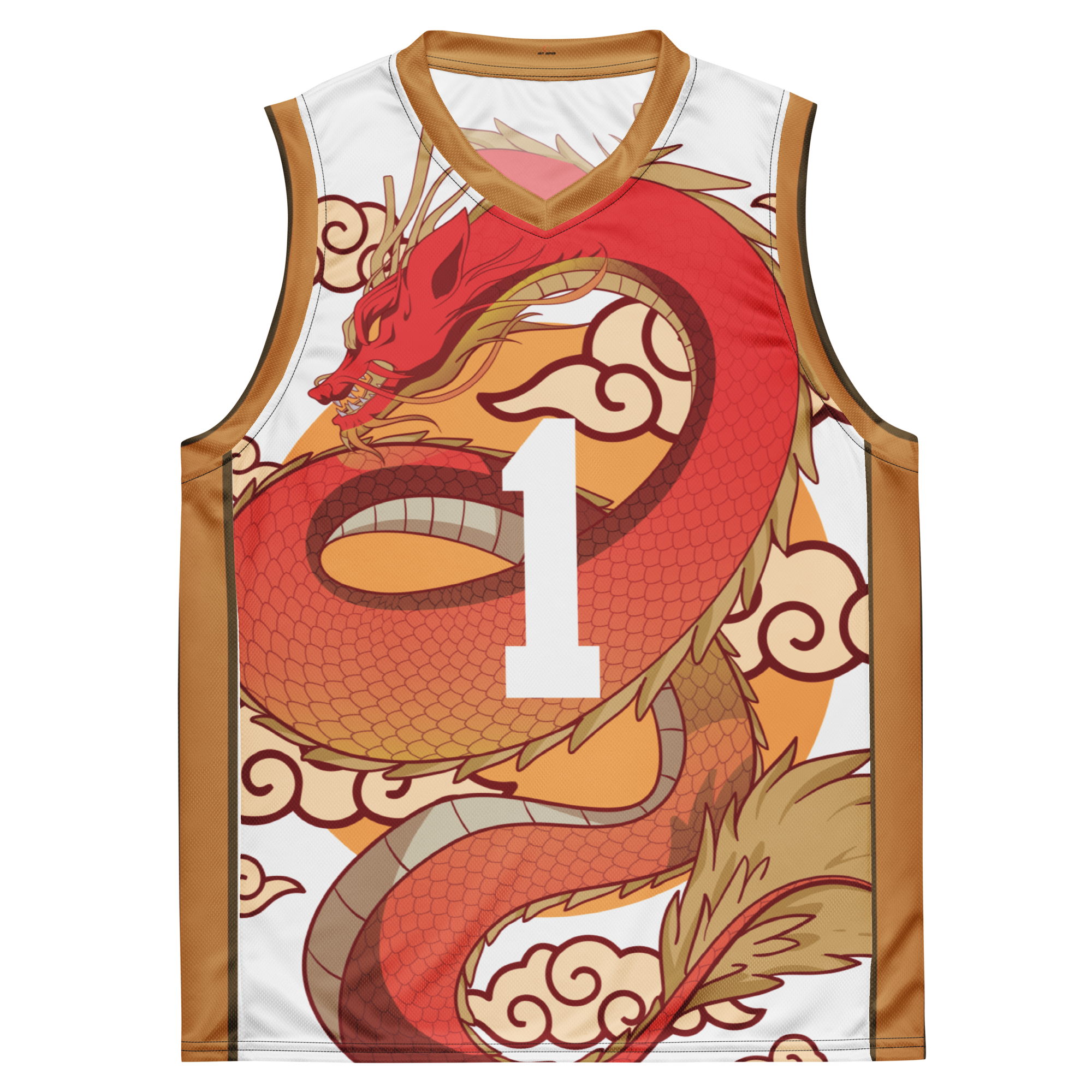
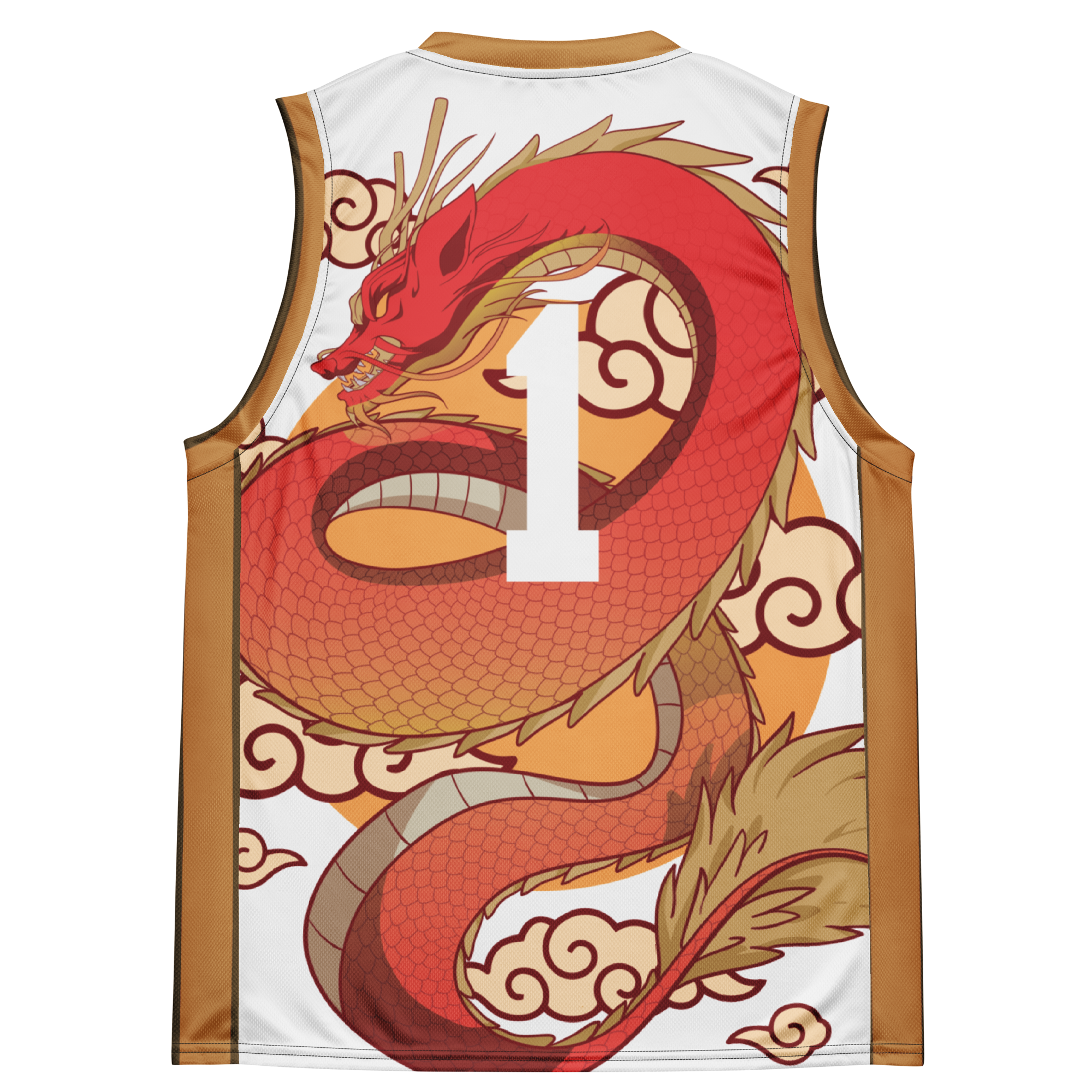


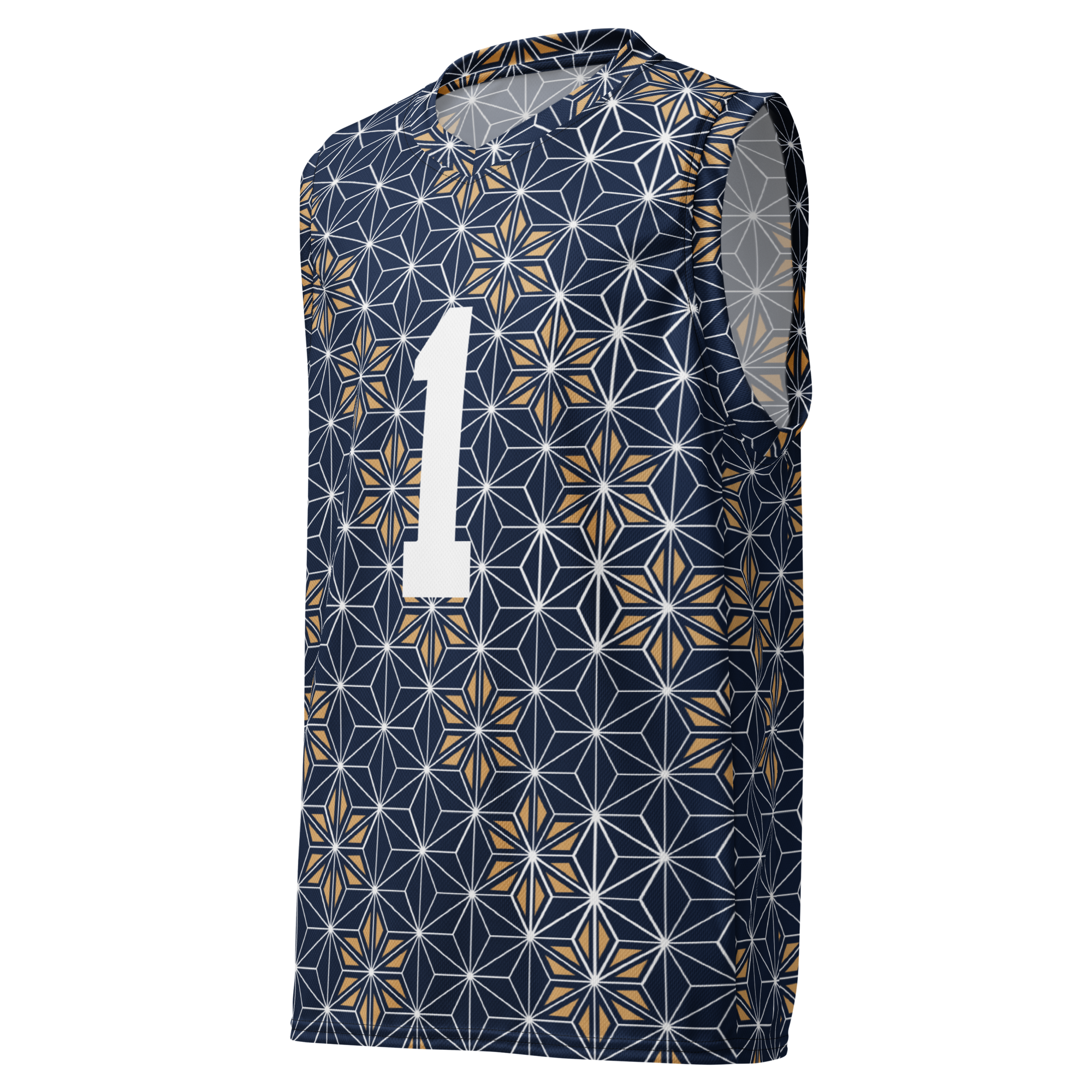

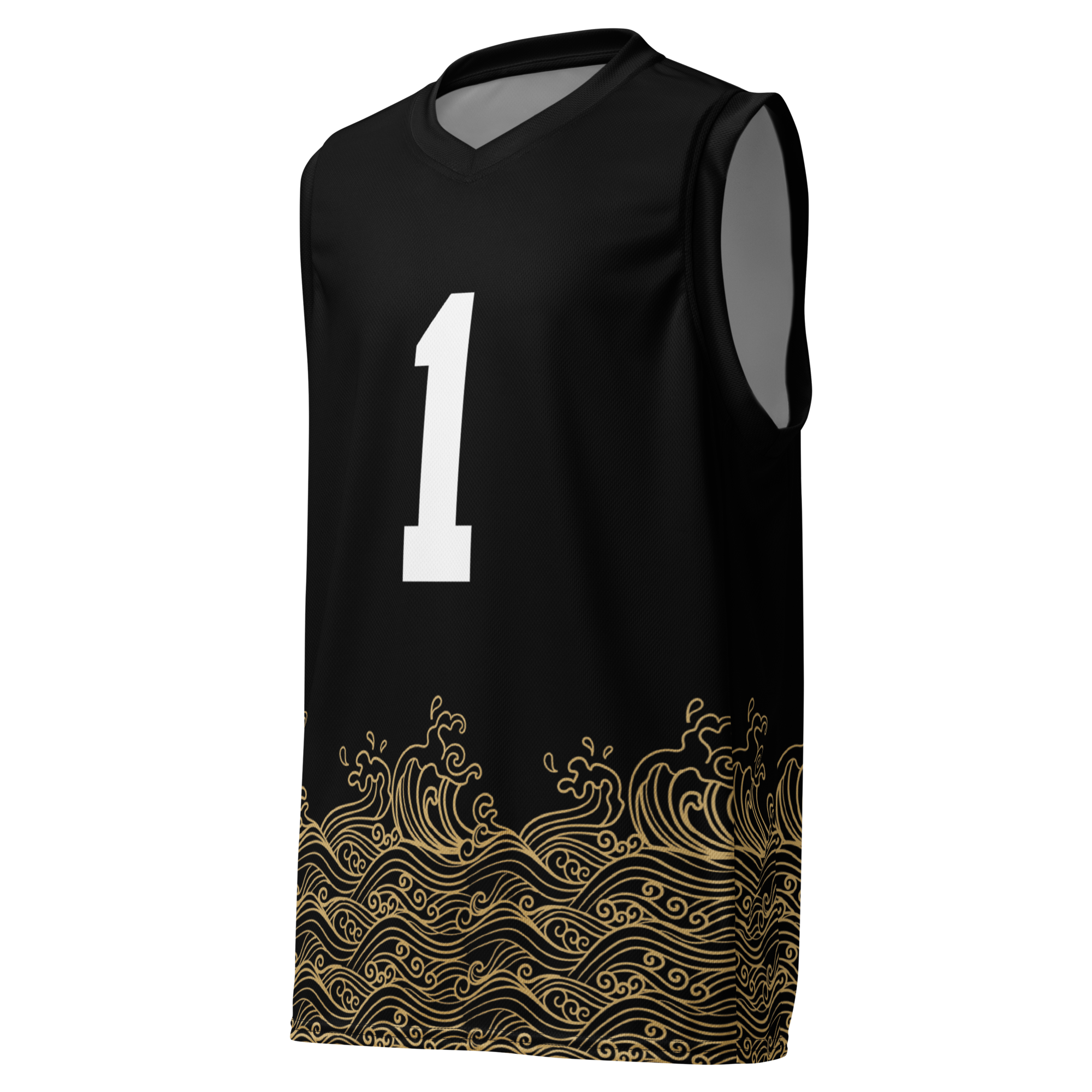
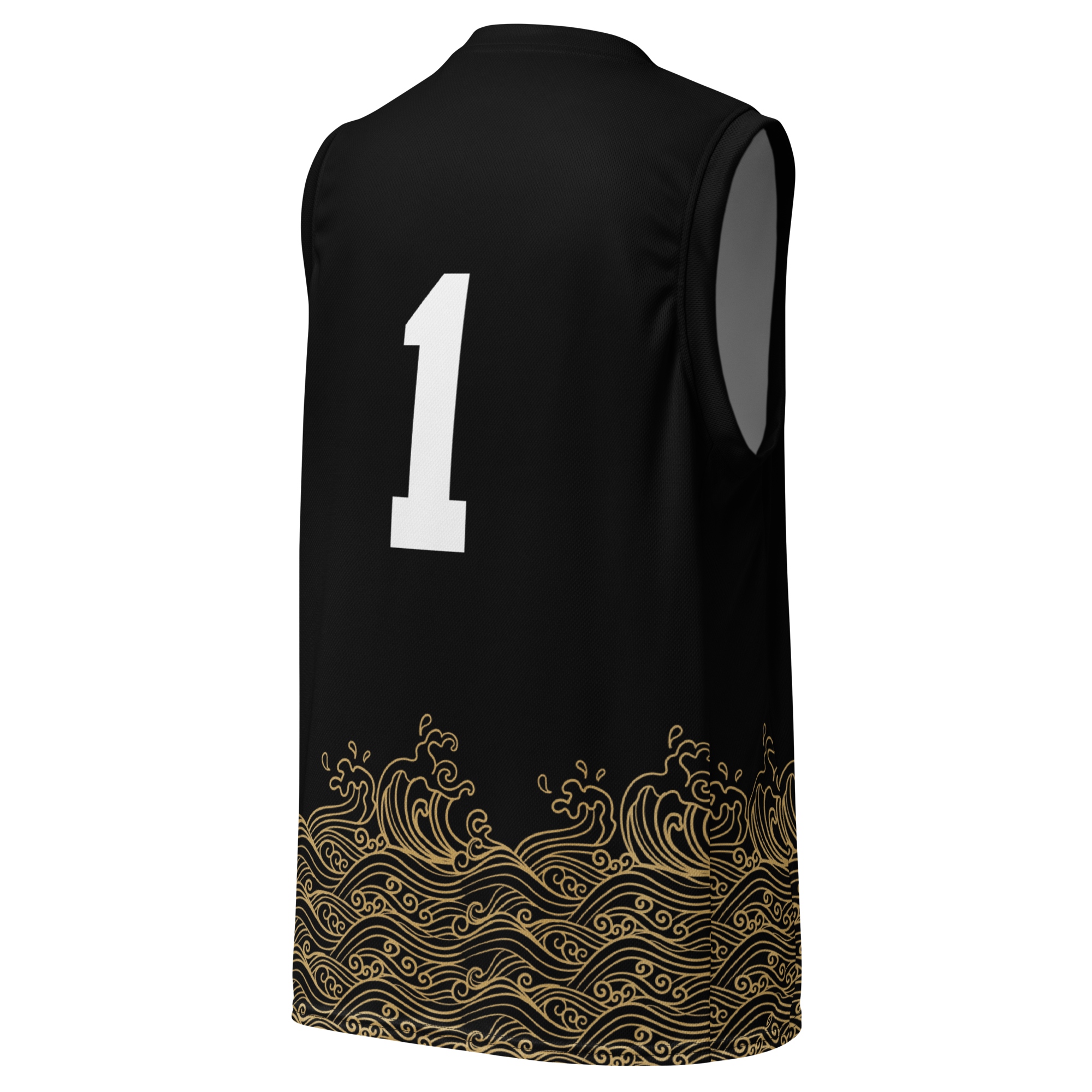
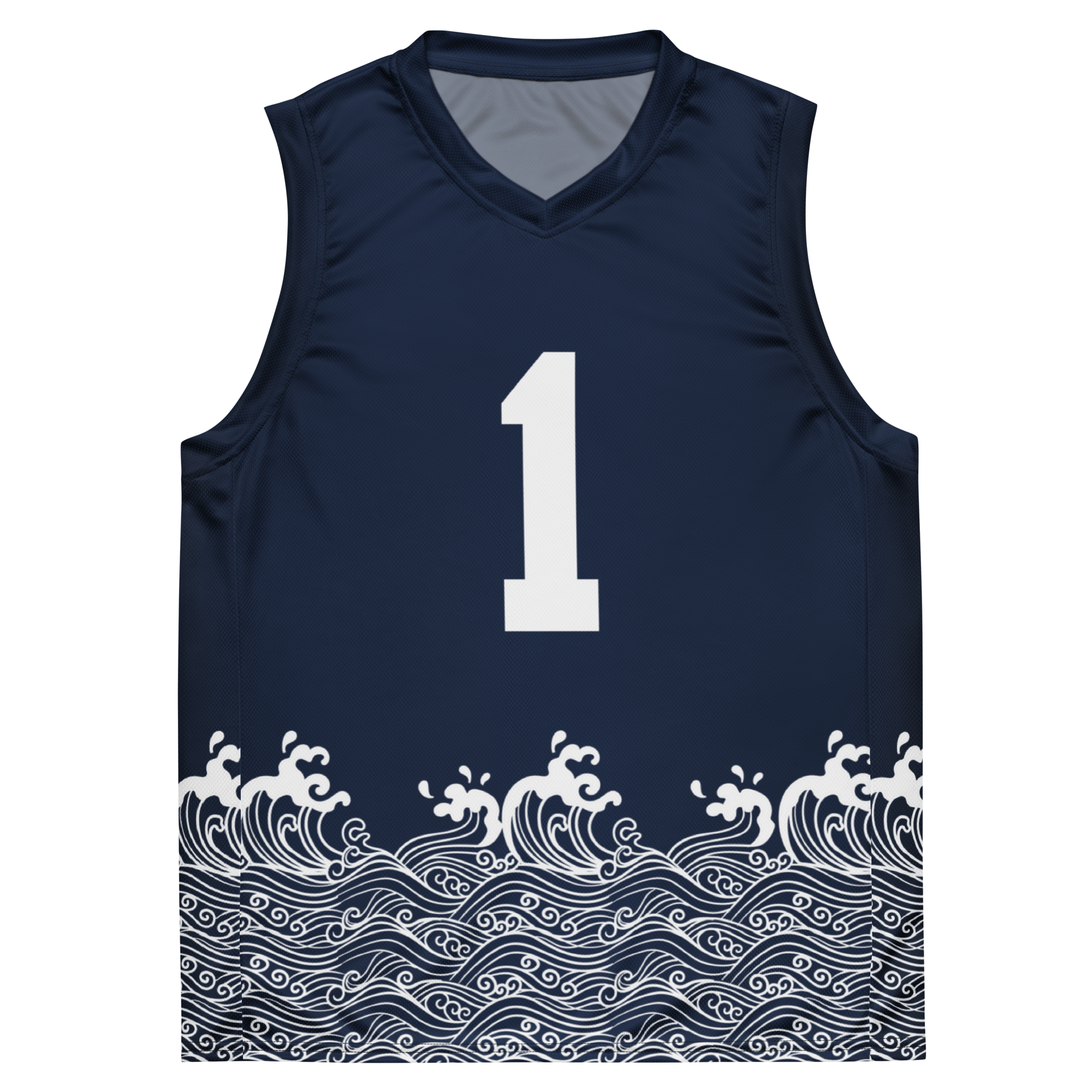
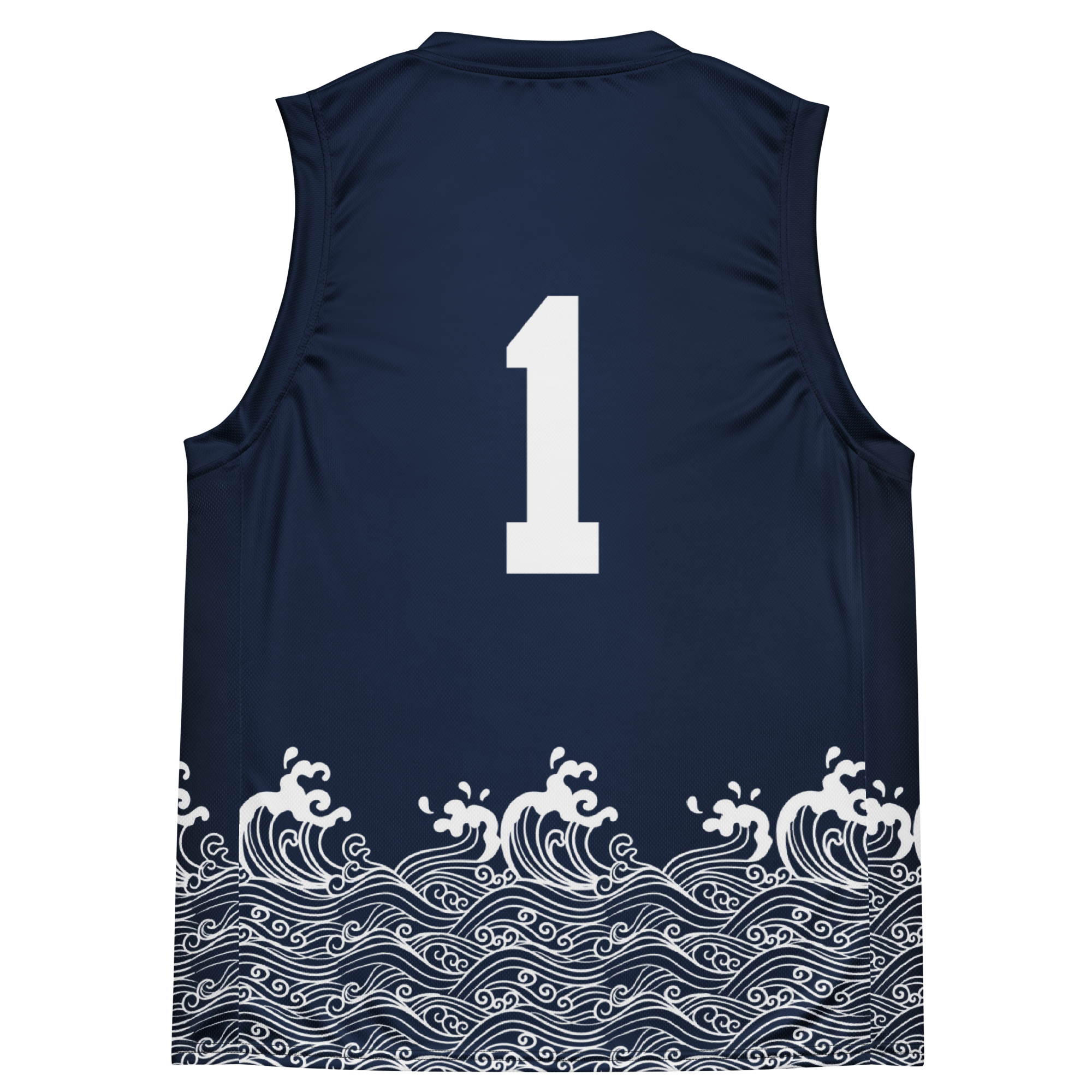
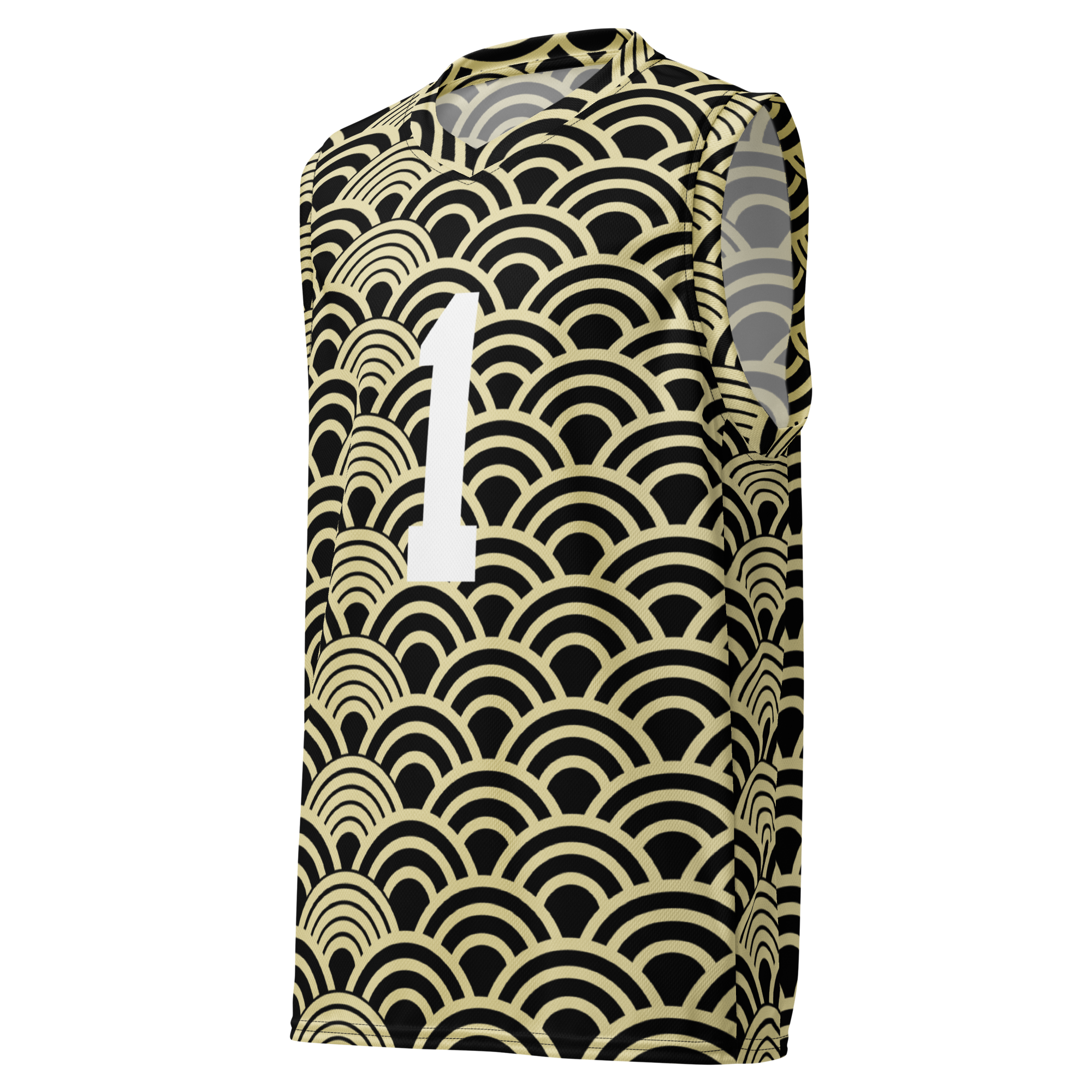
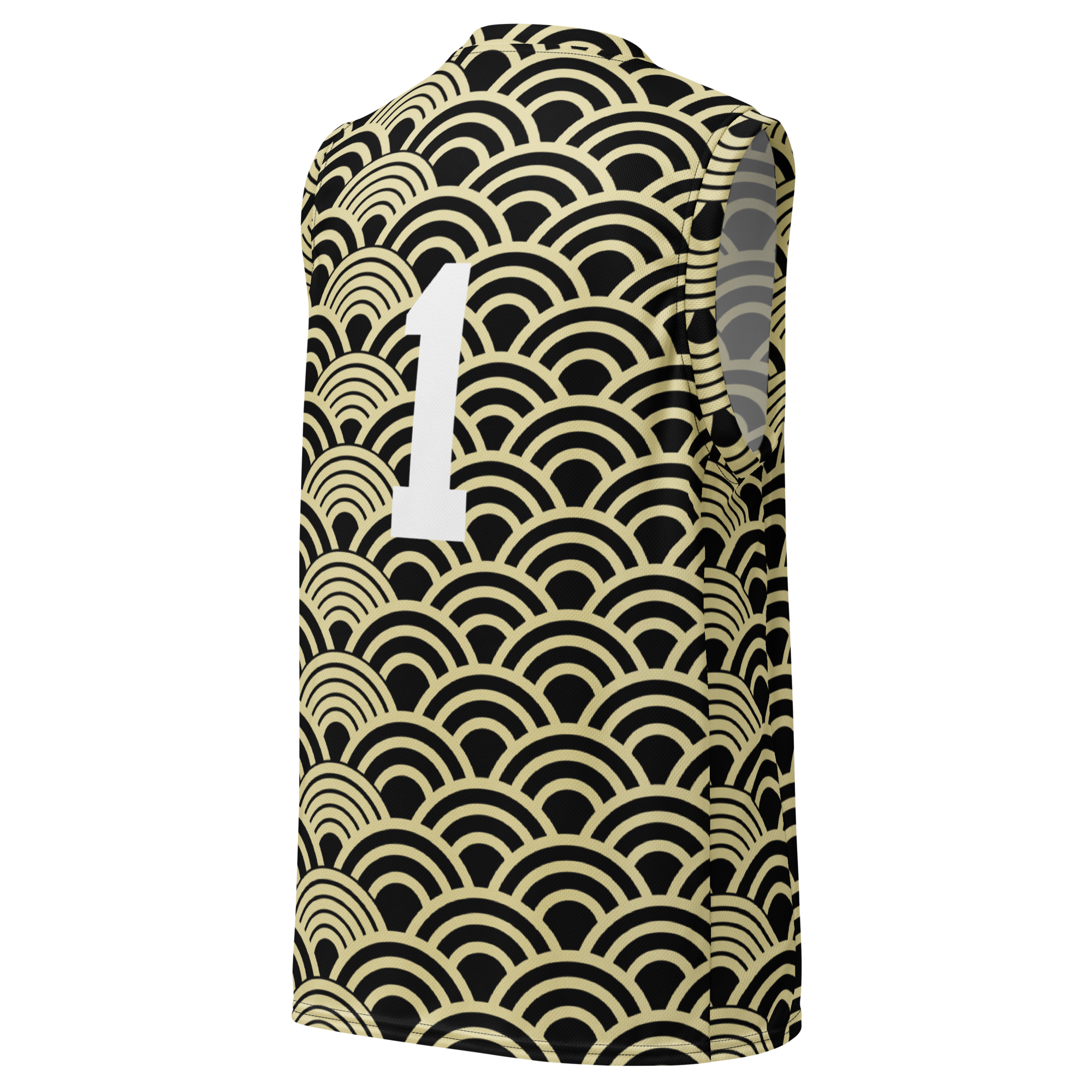
Dejar un comentario